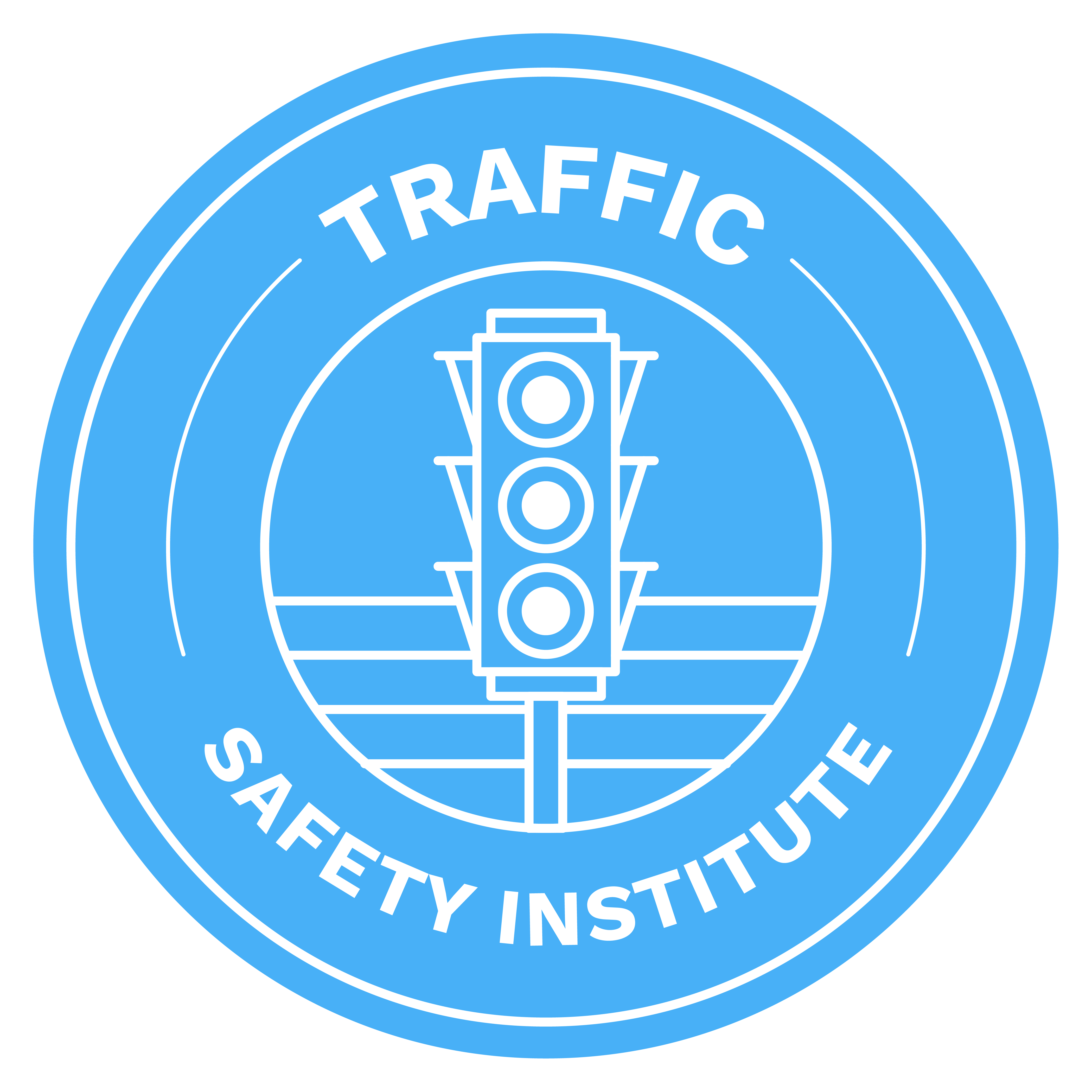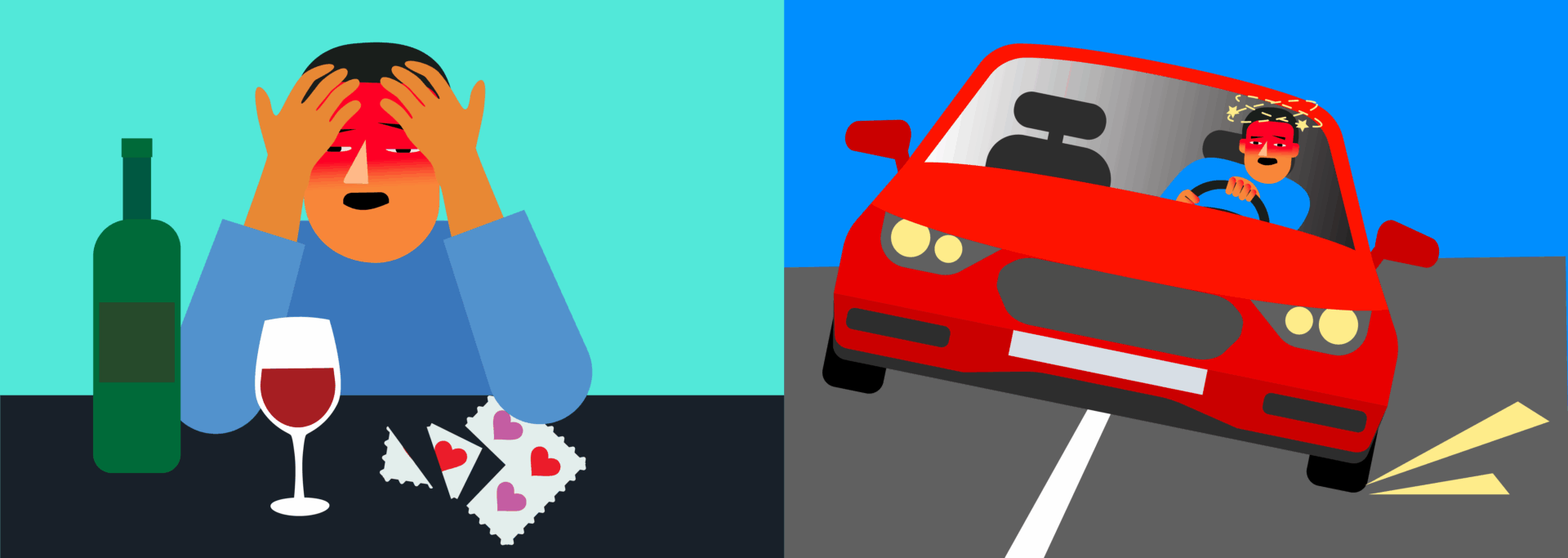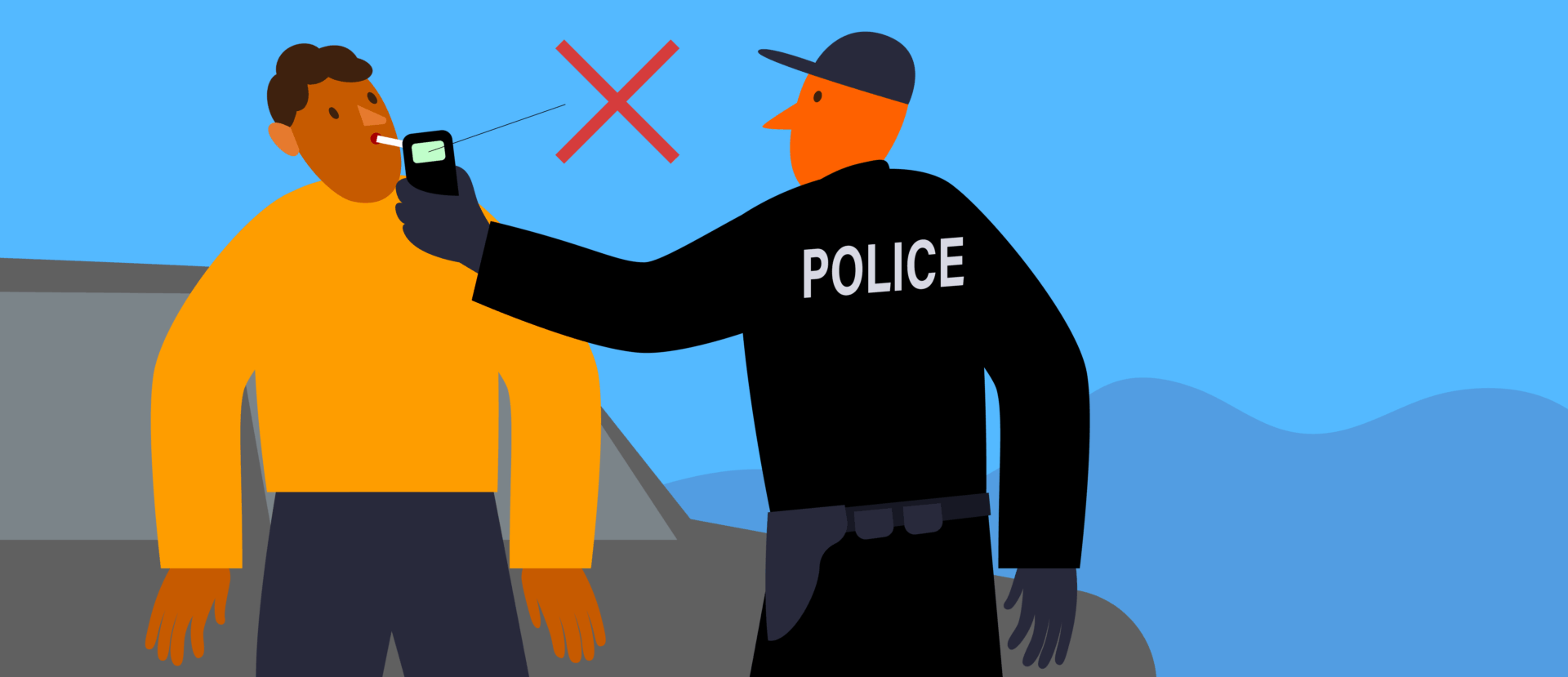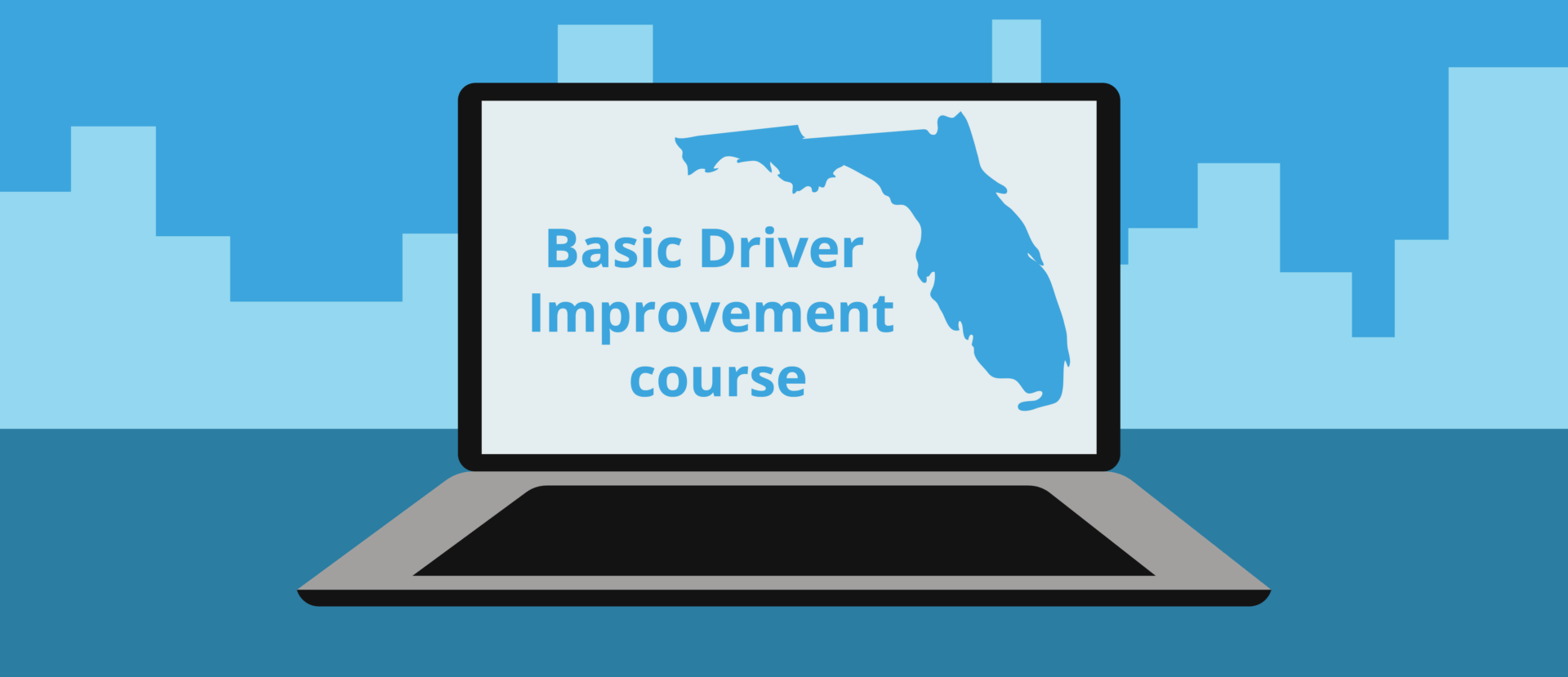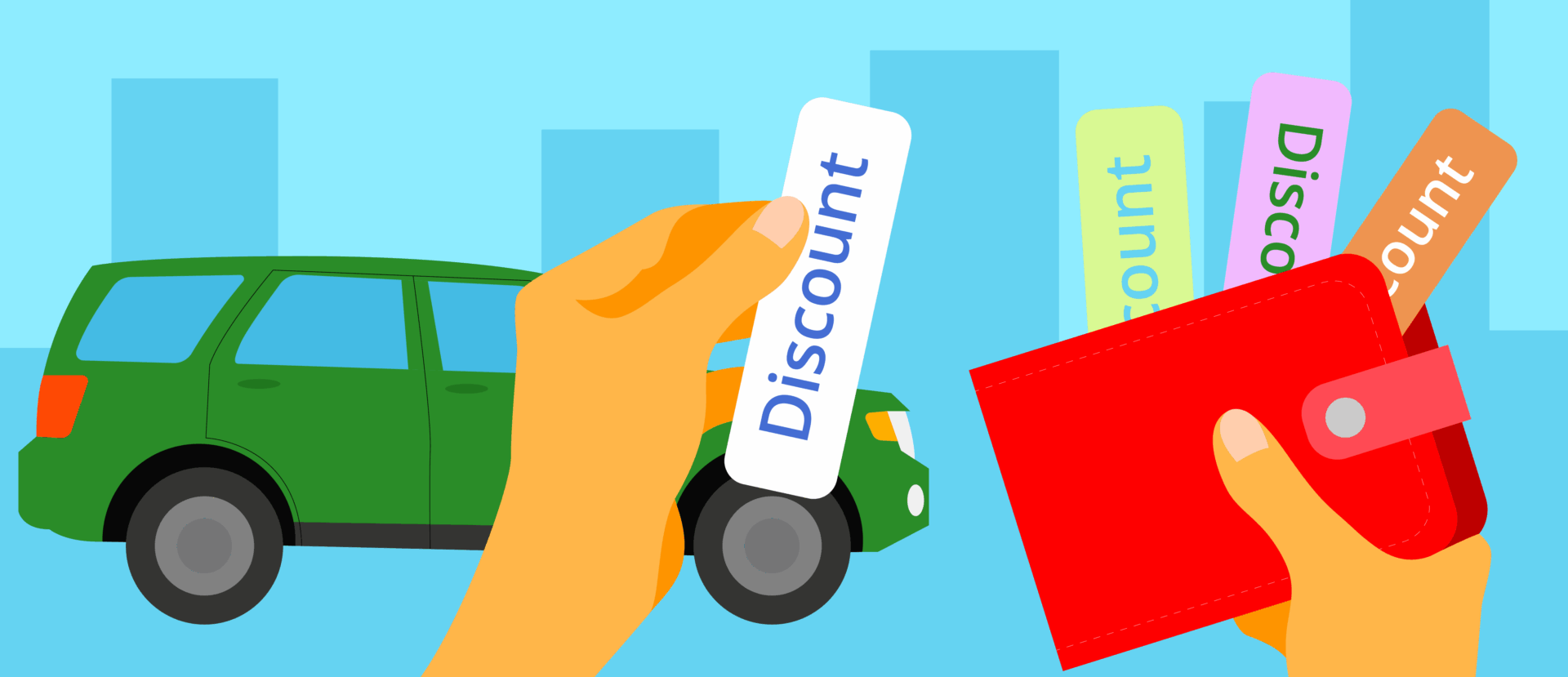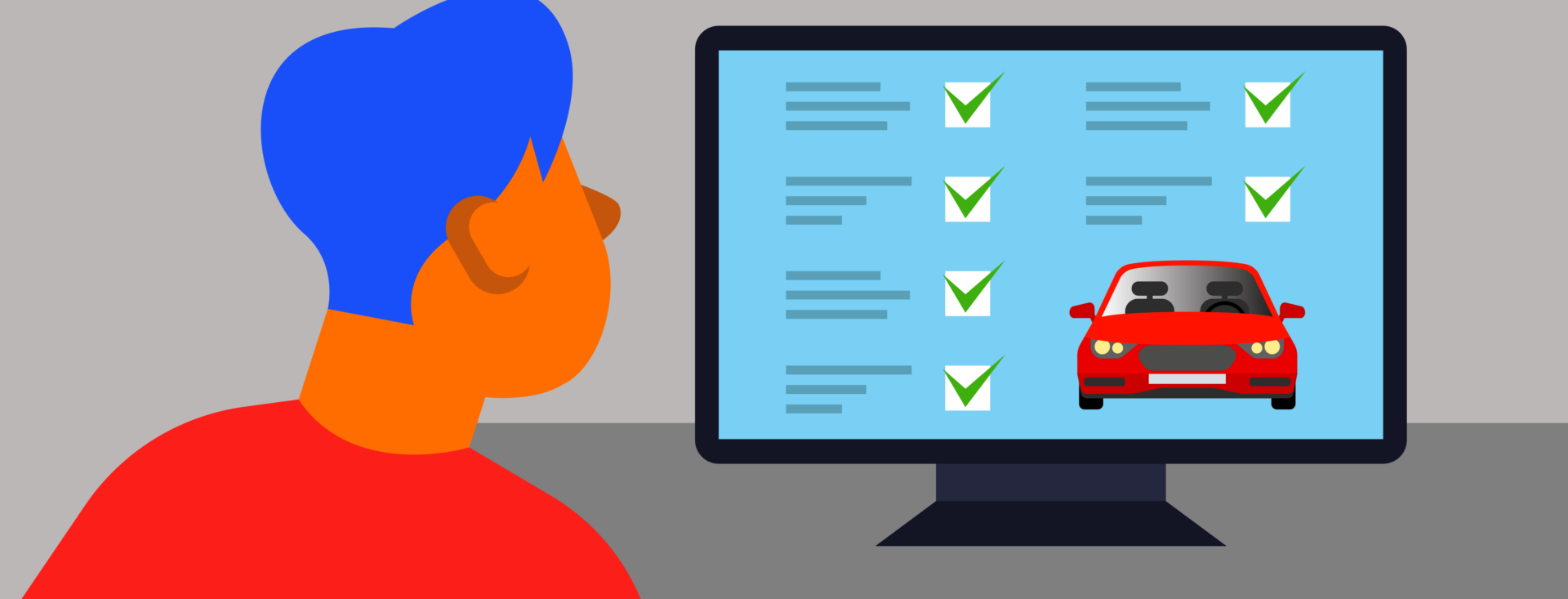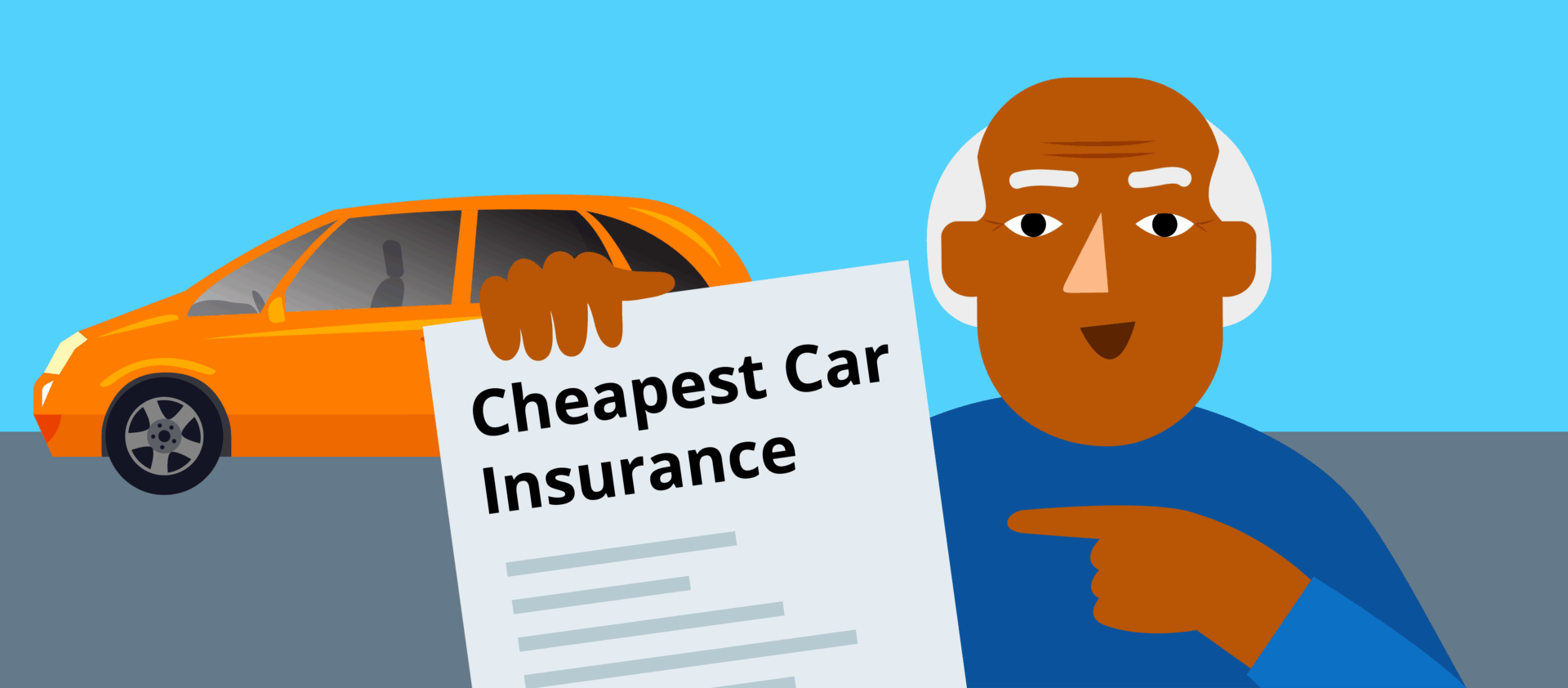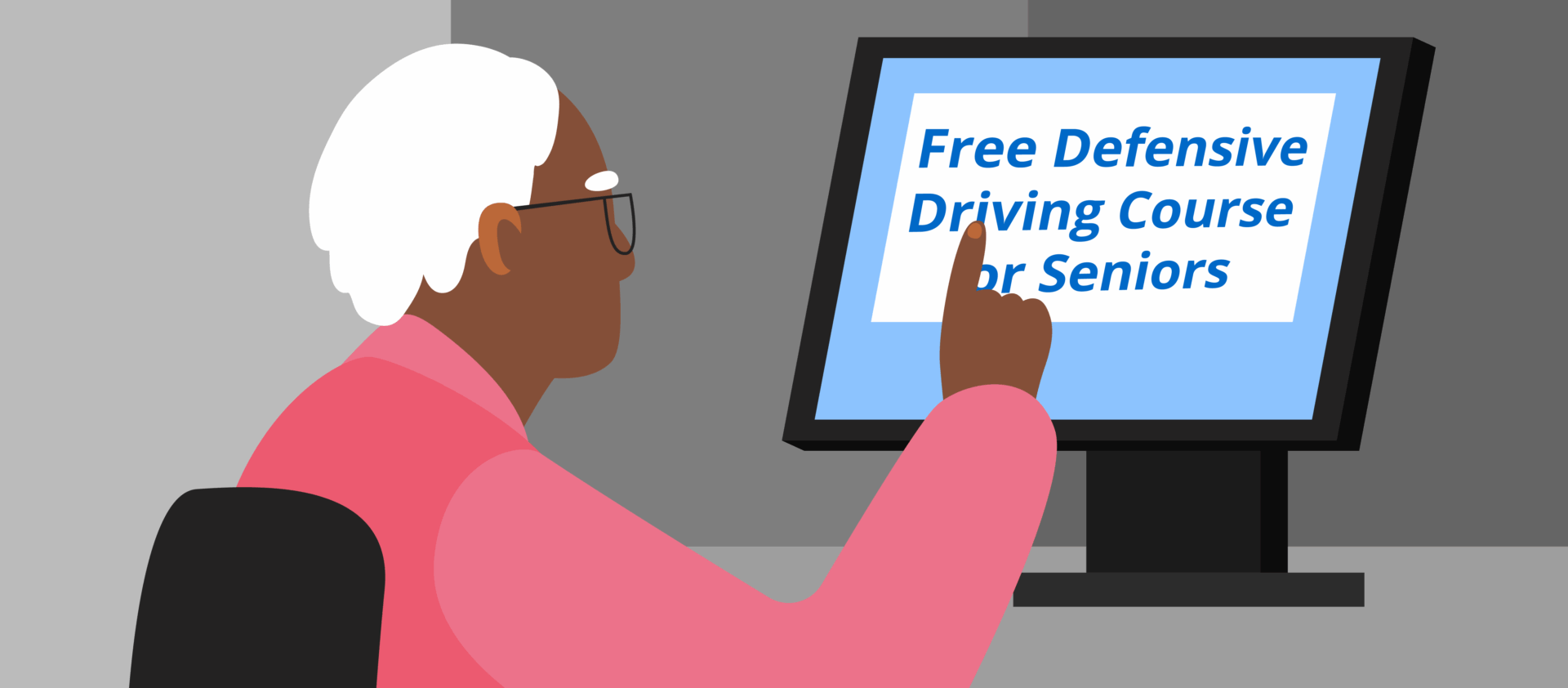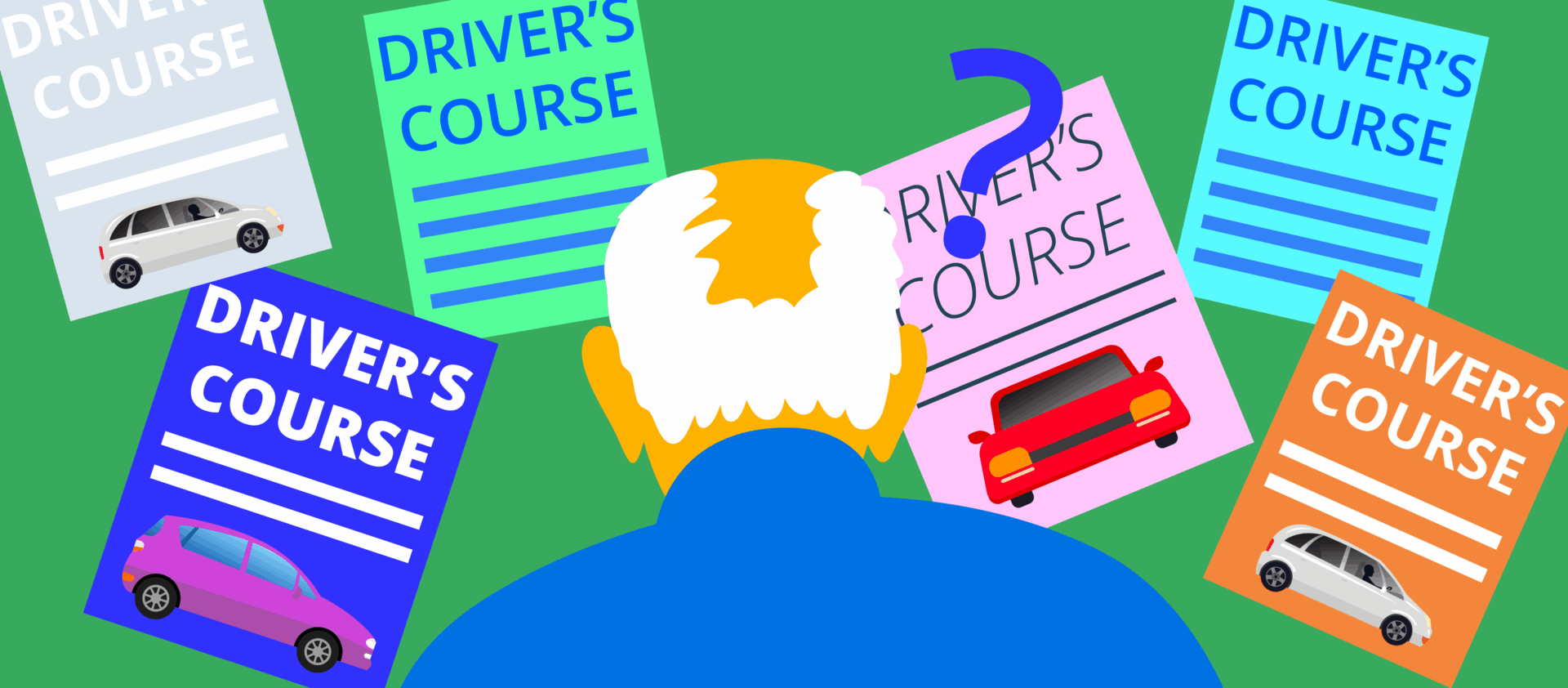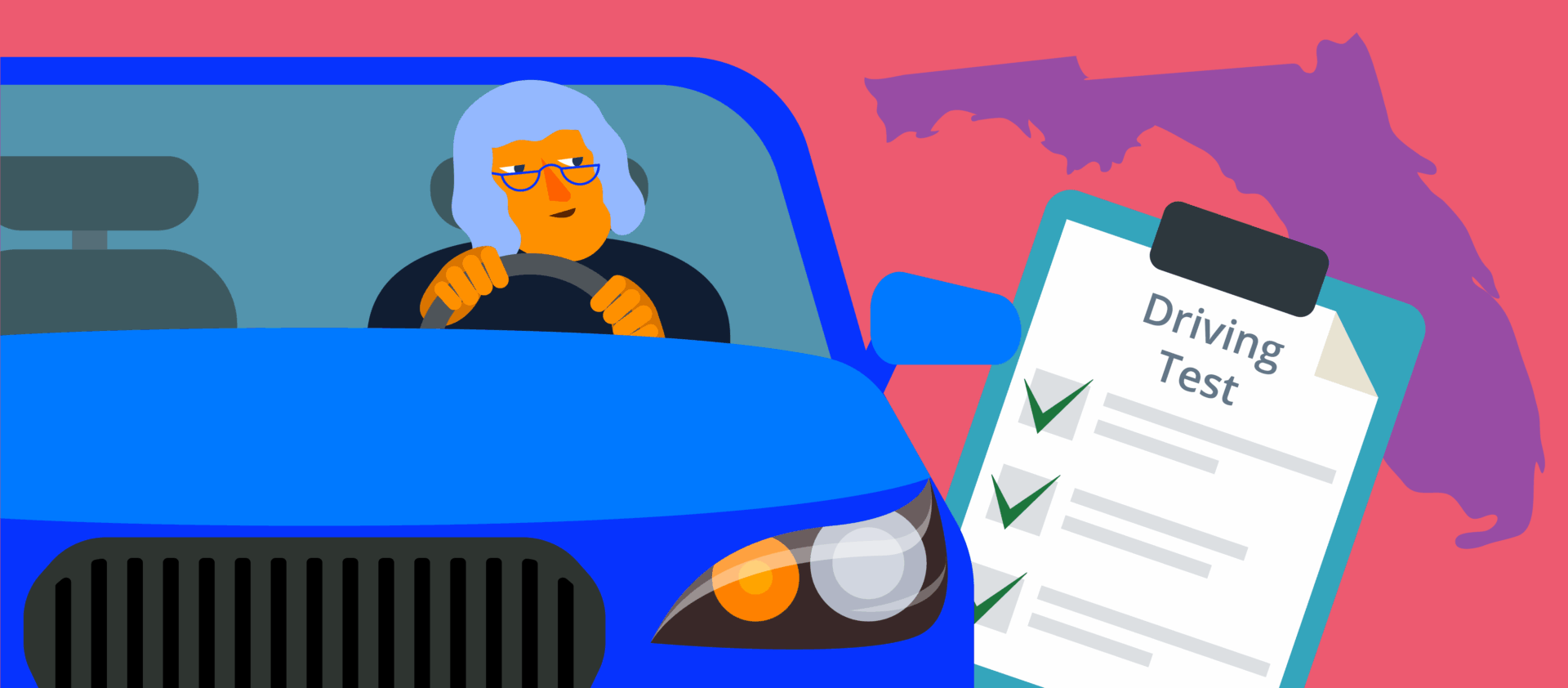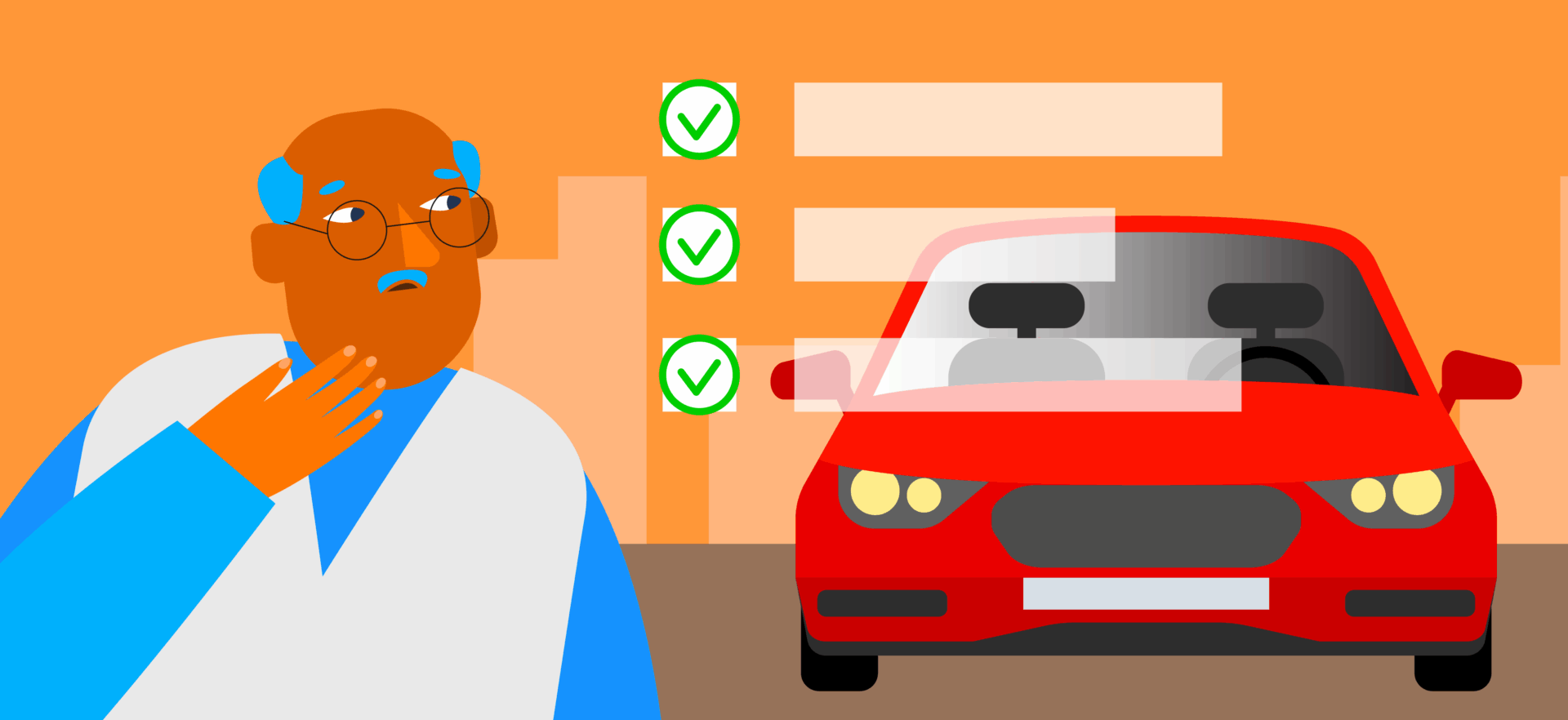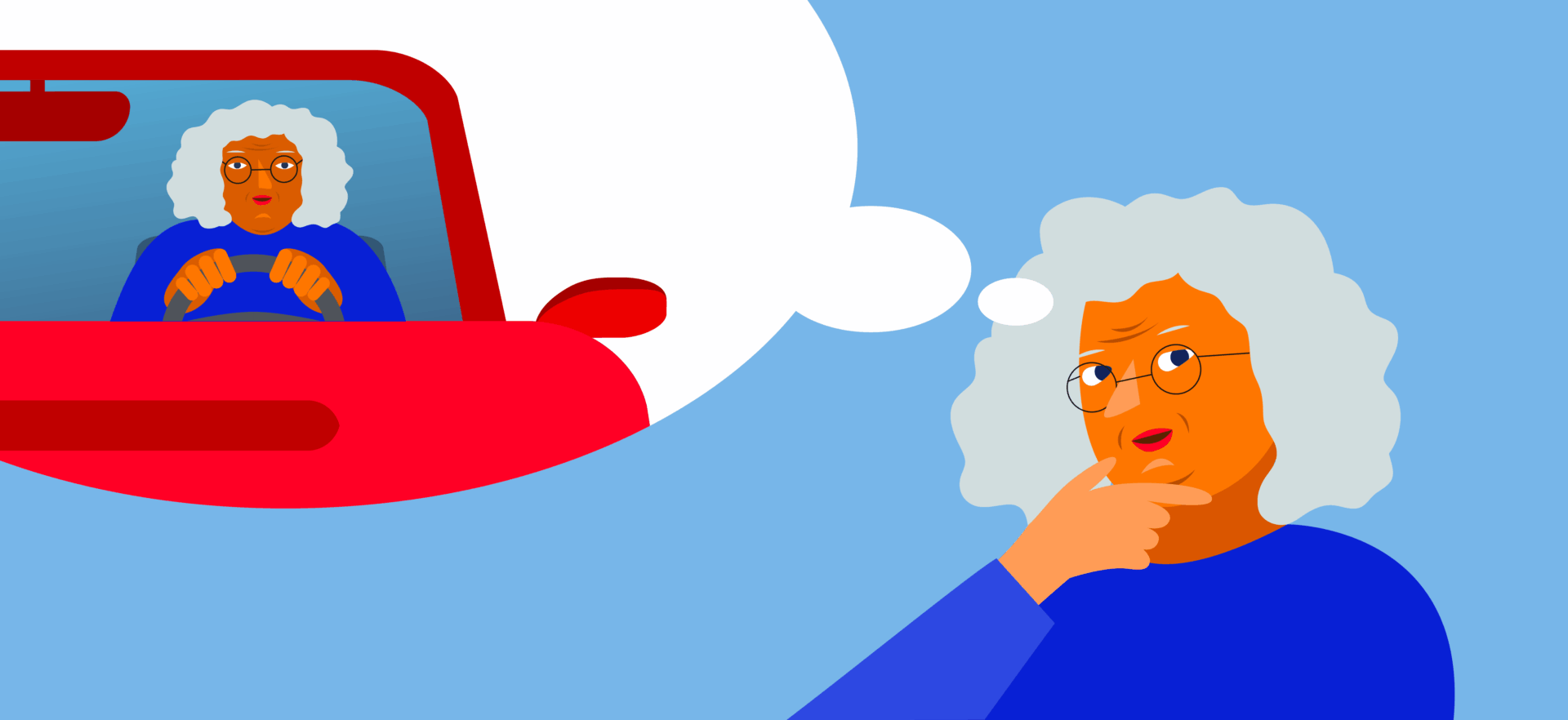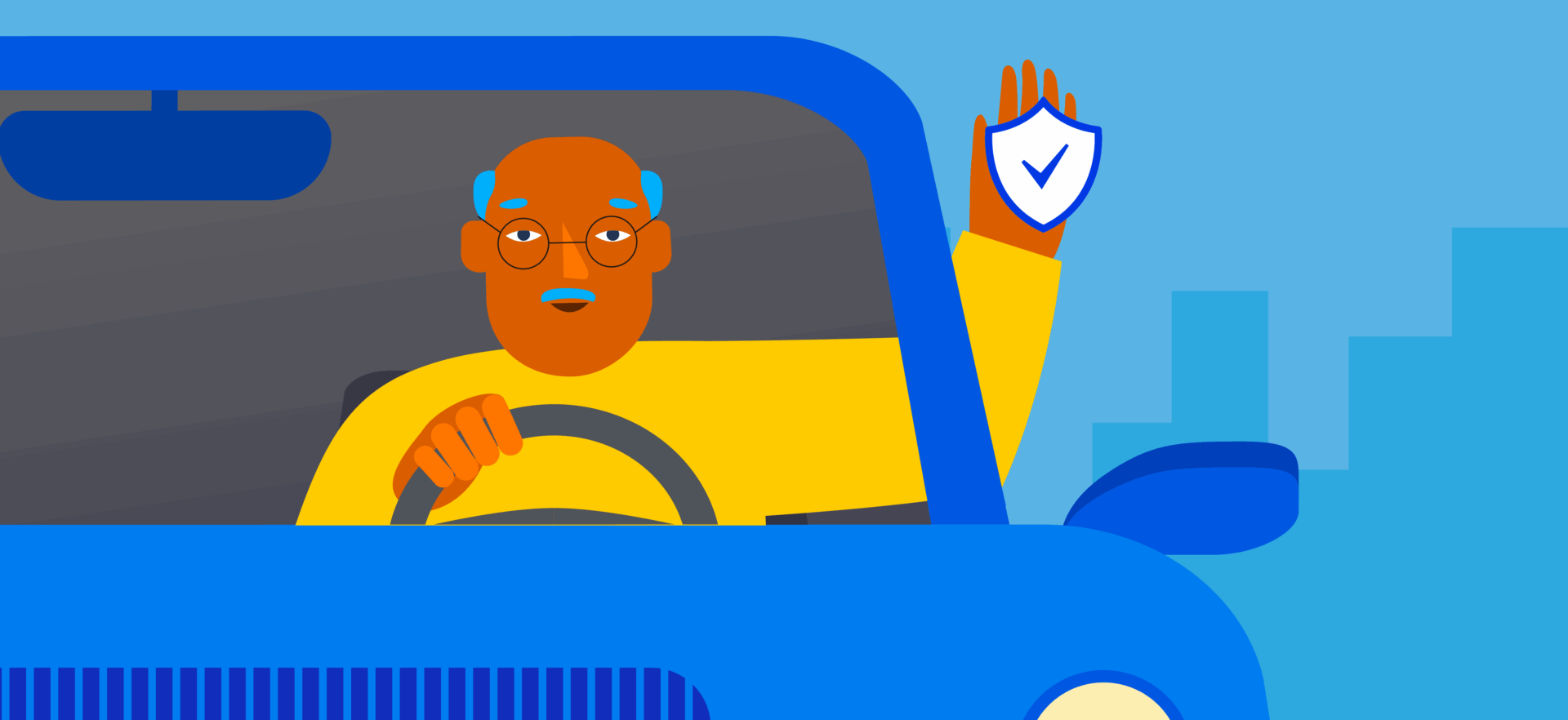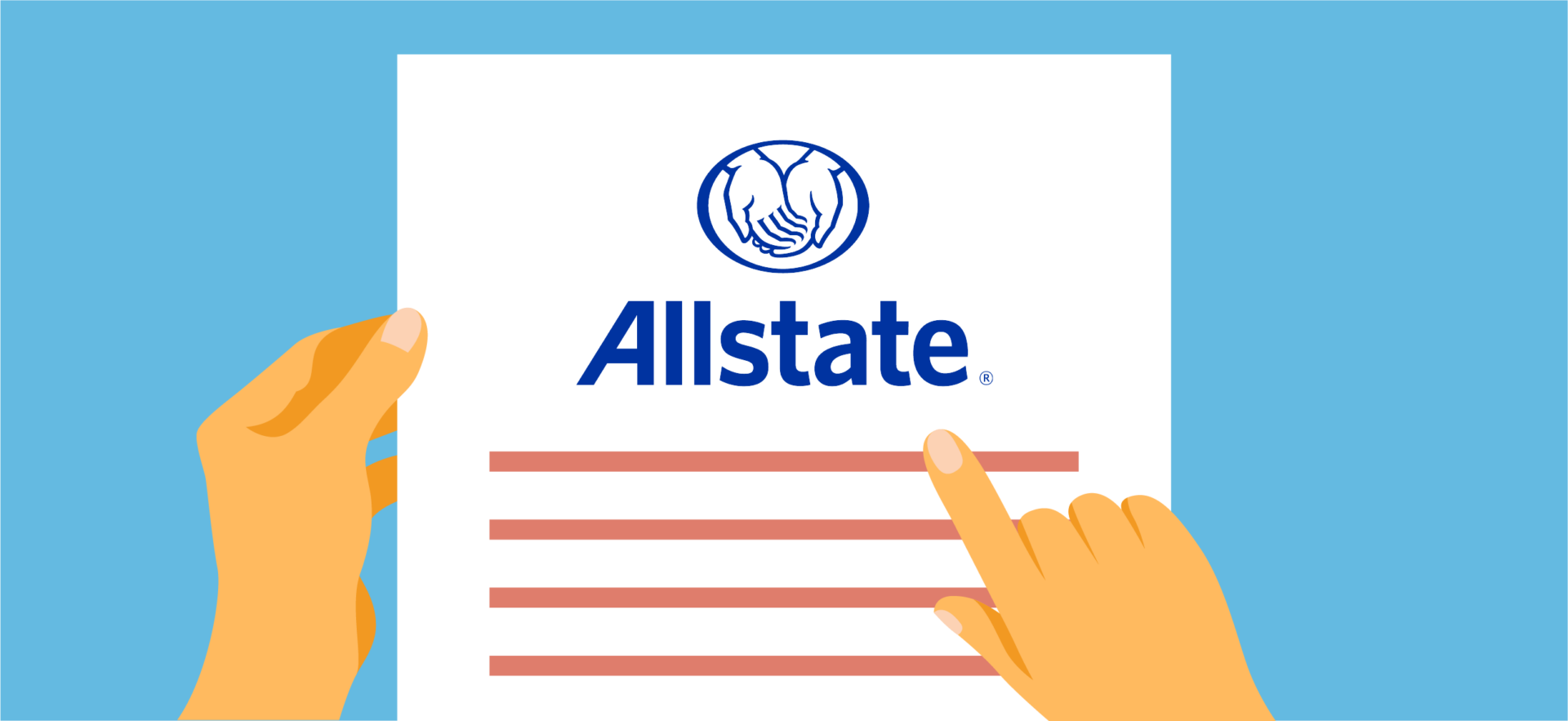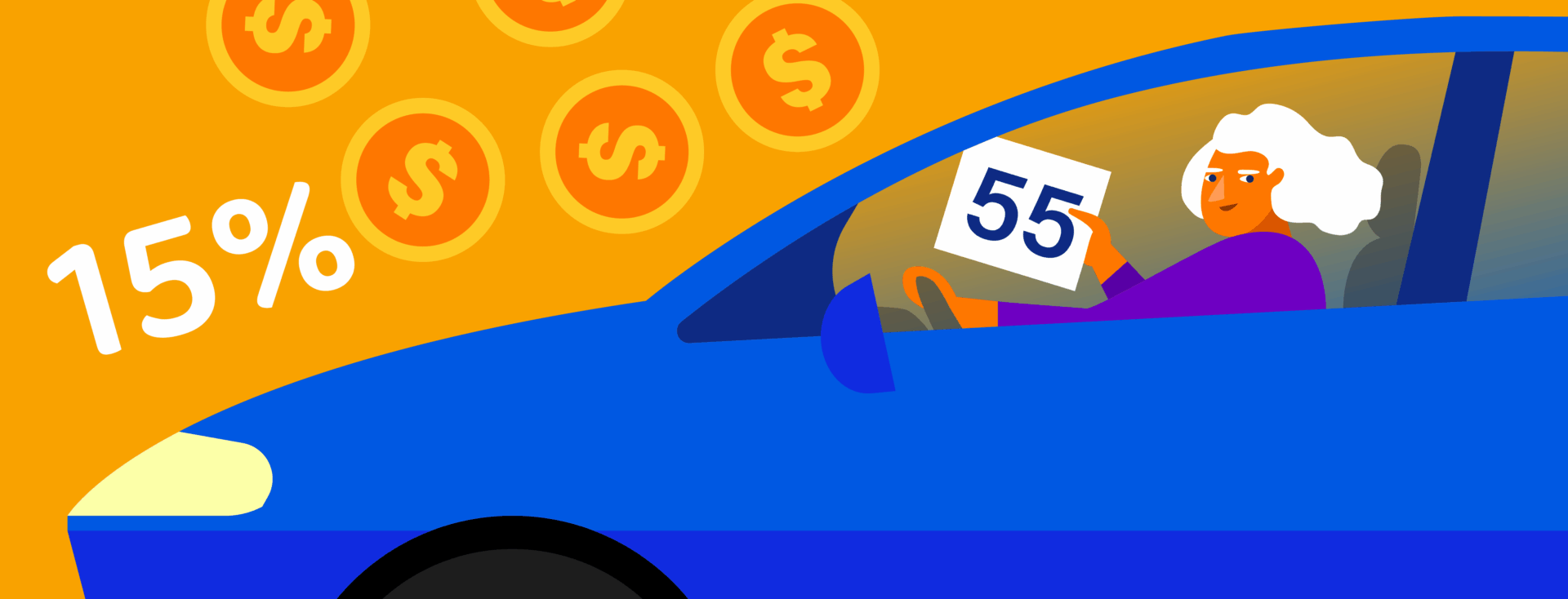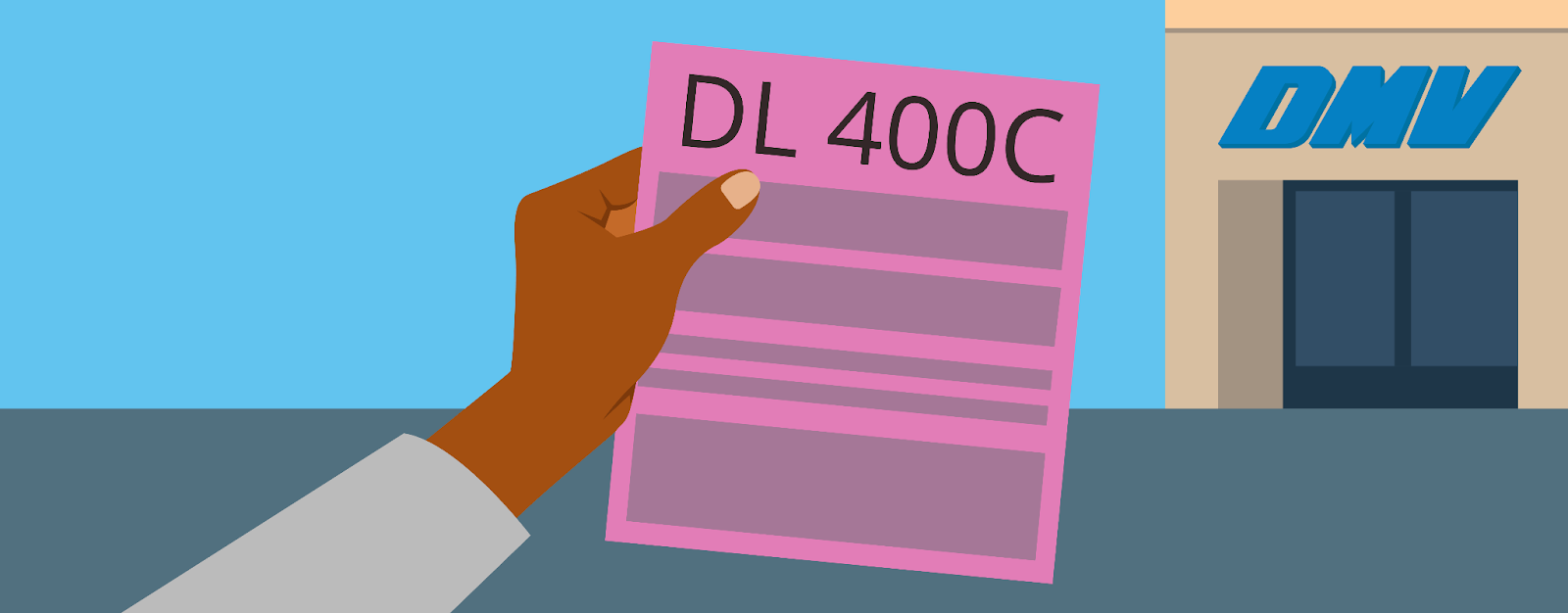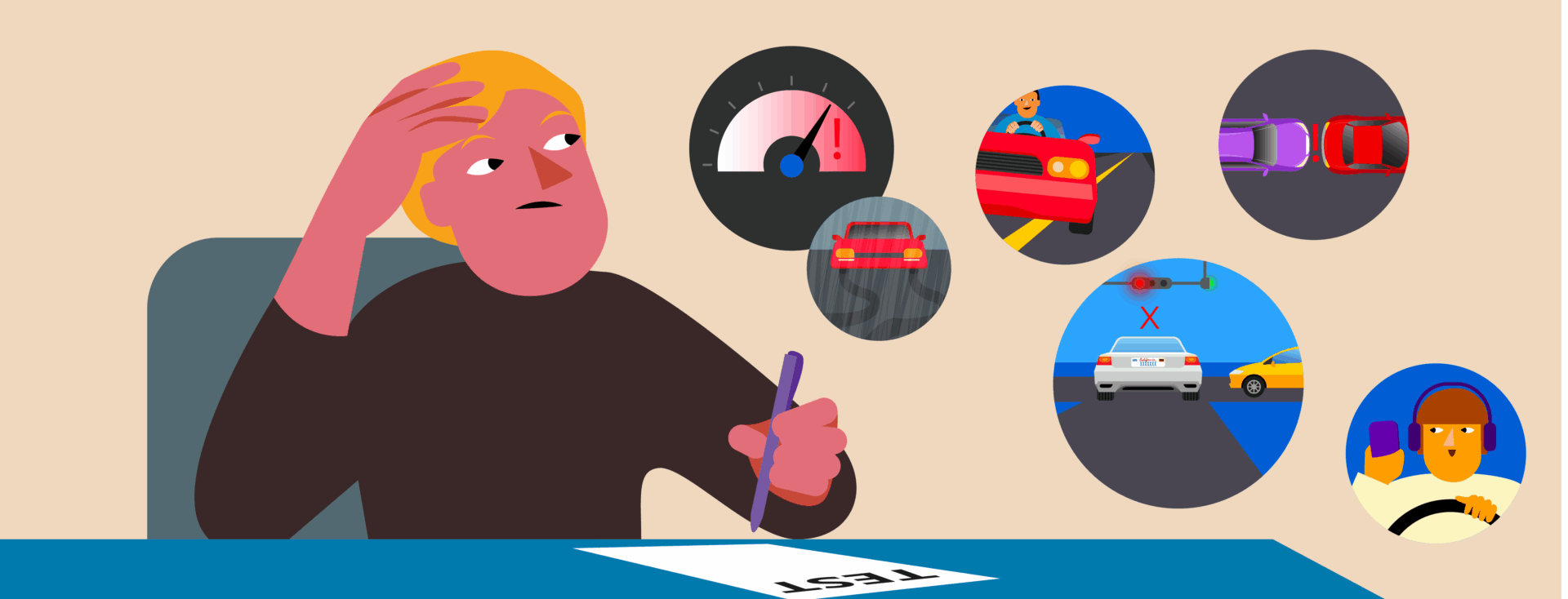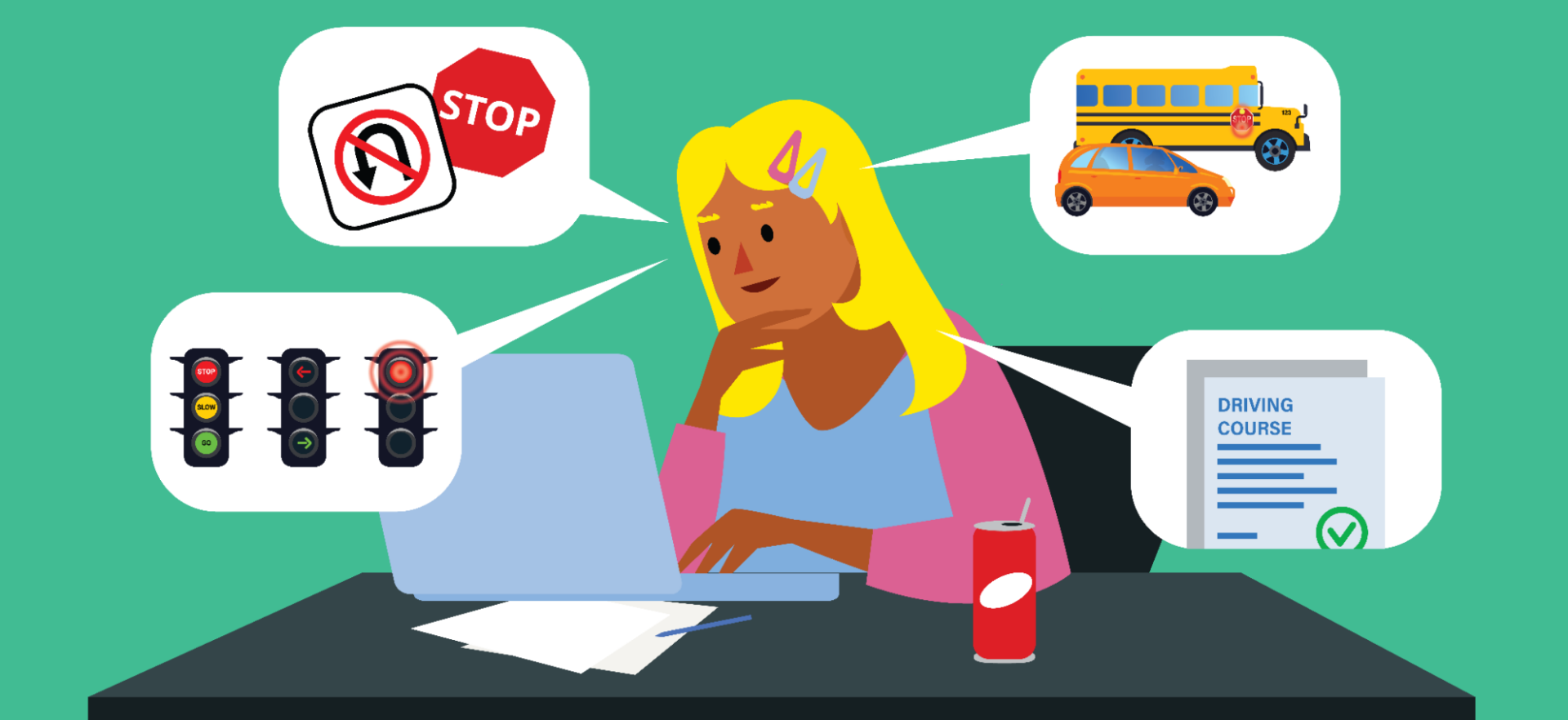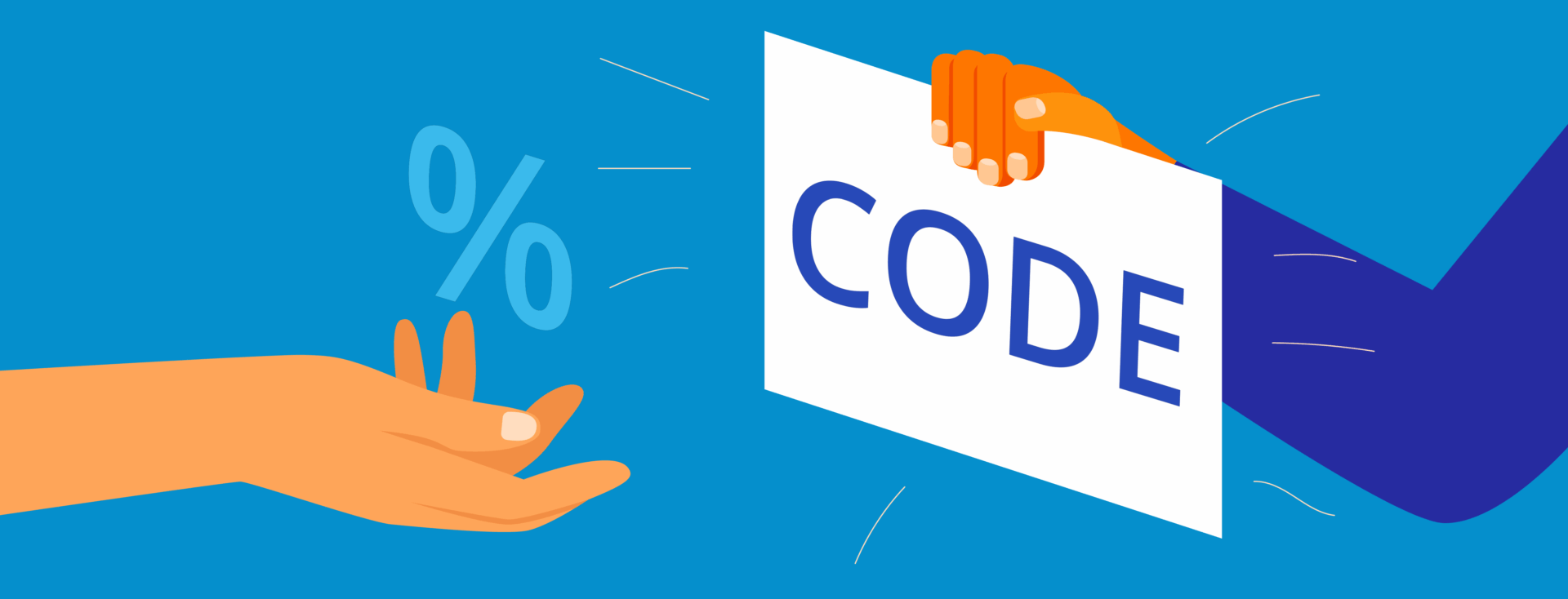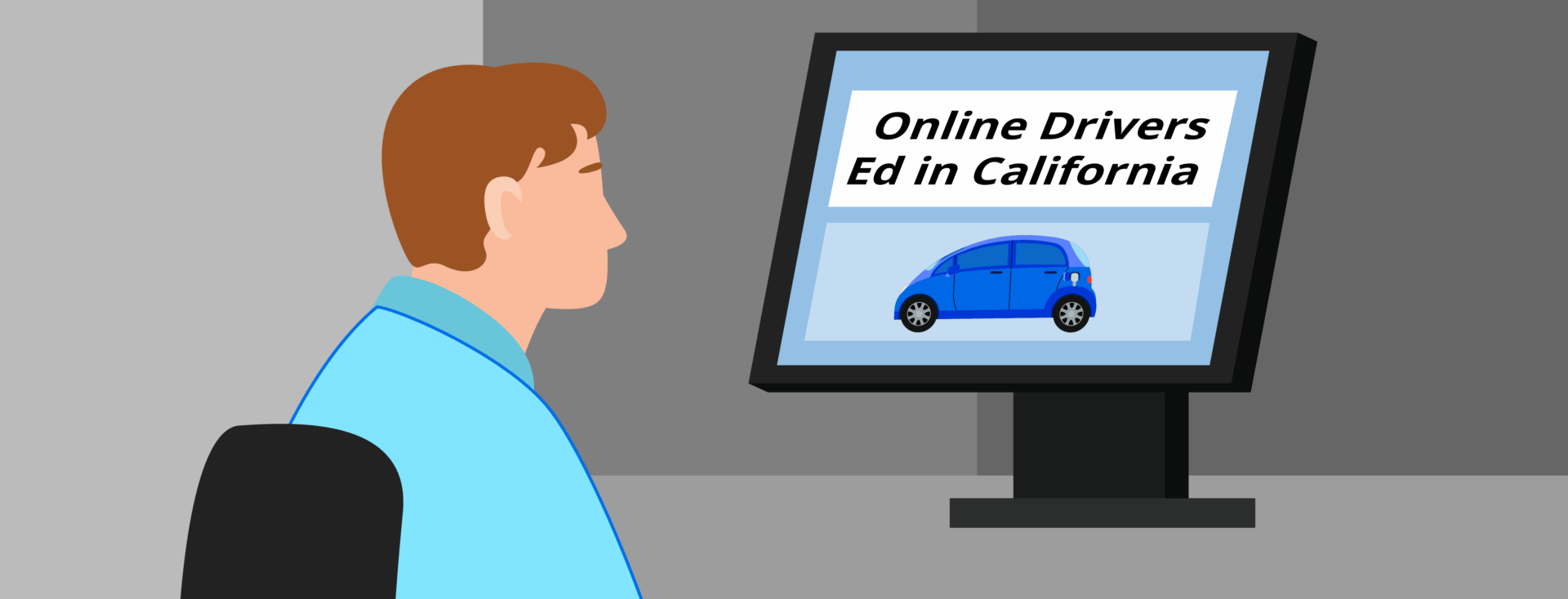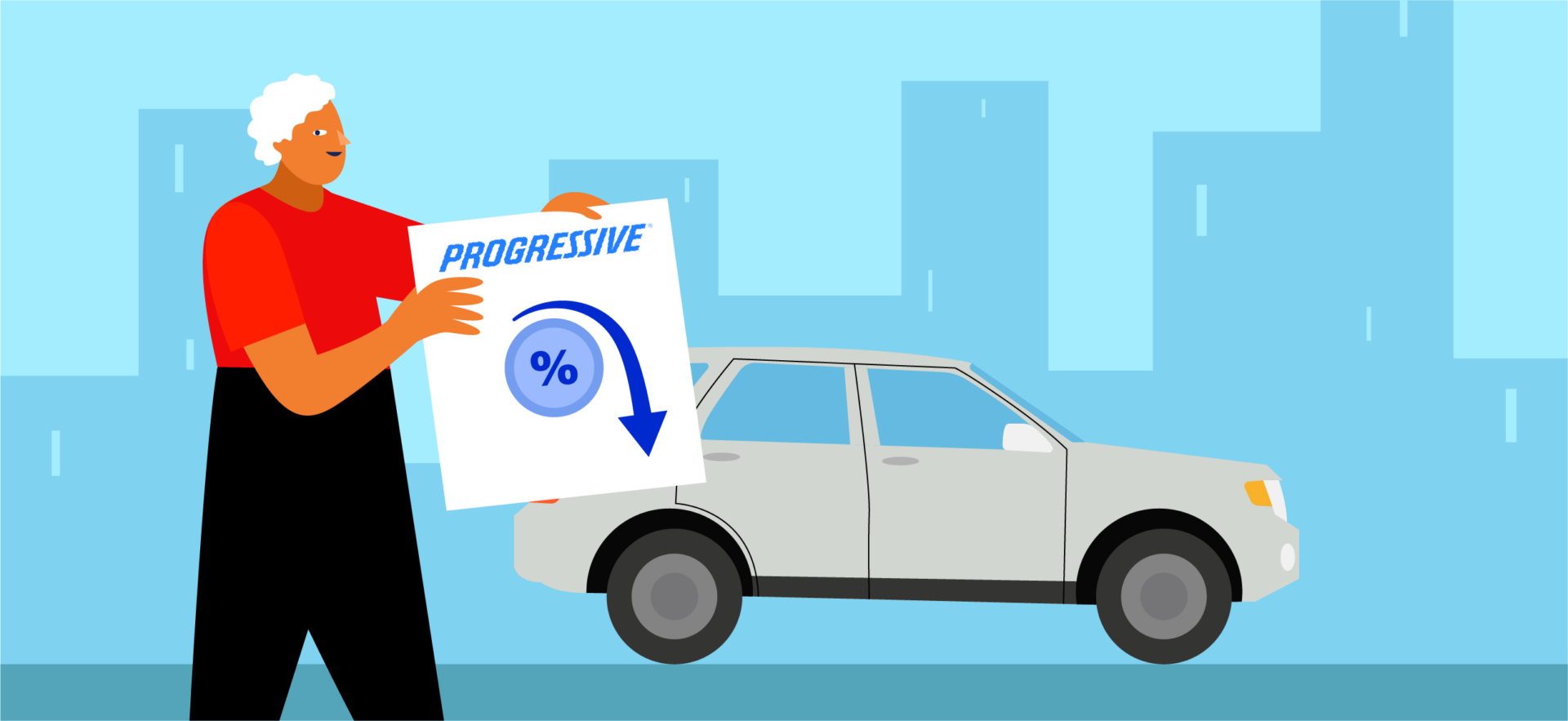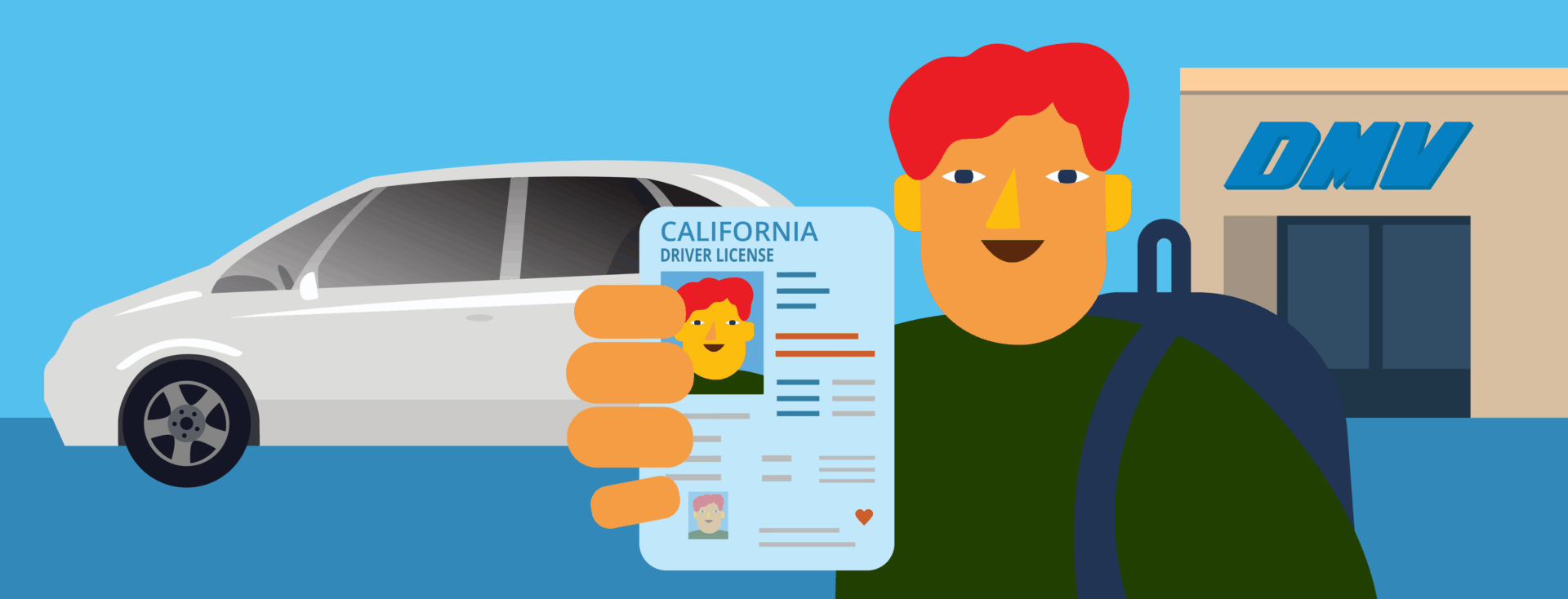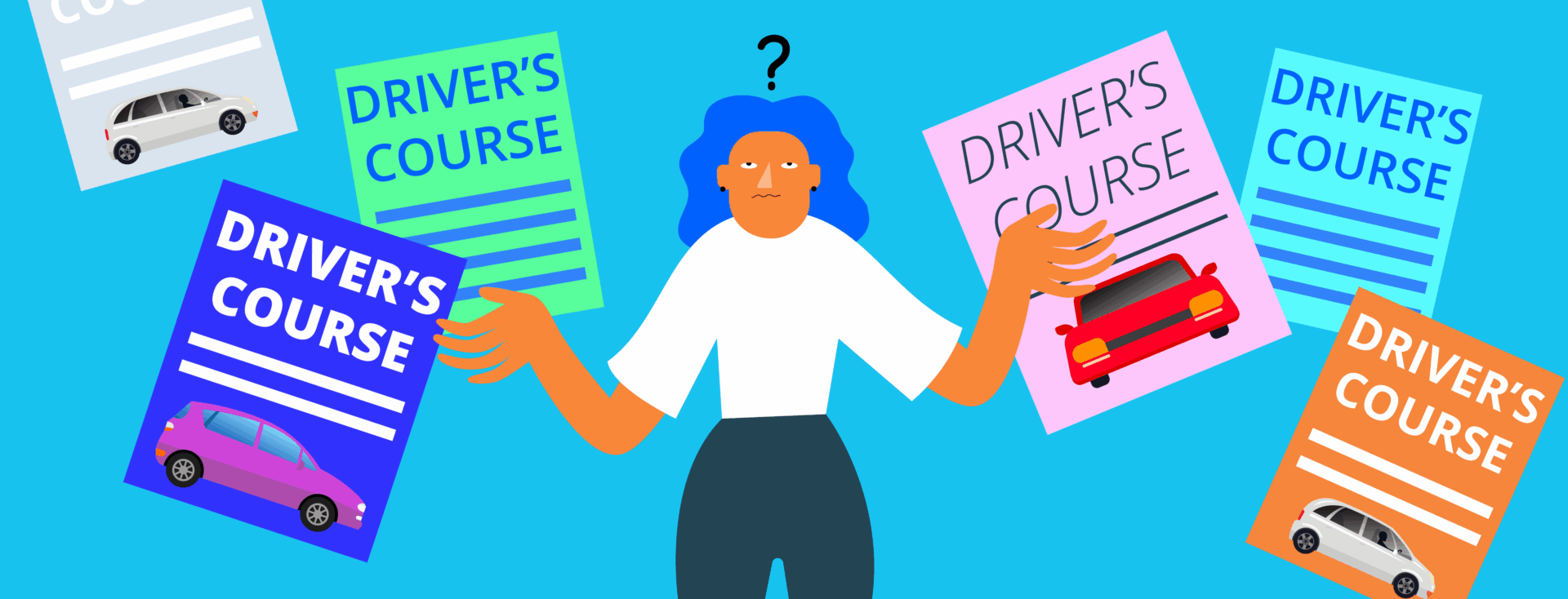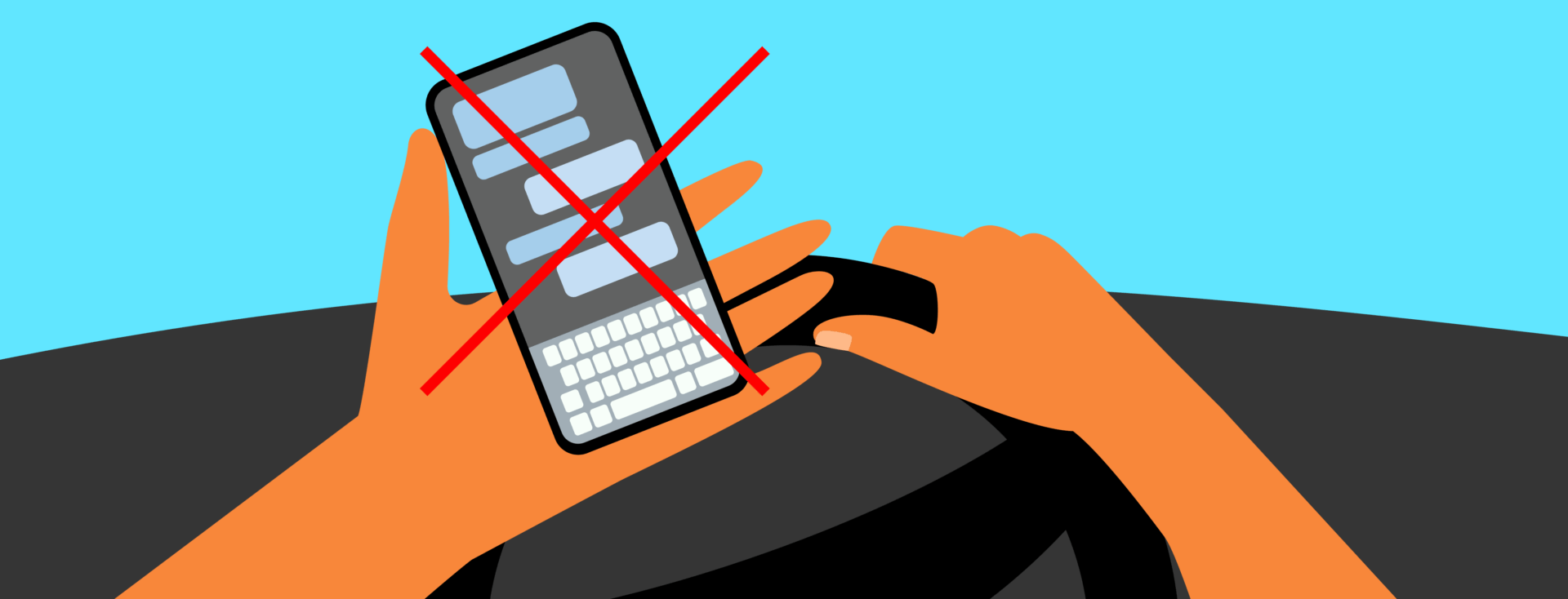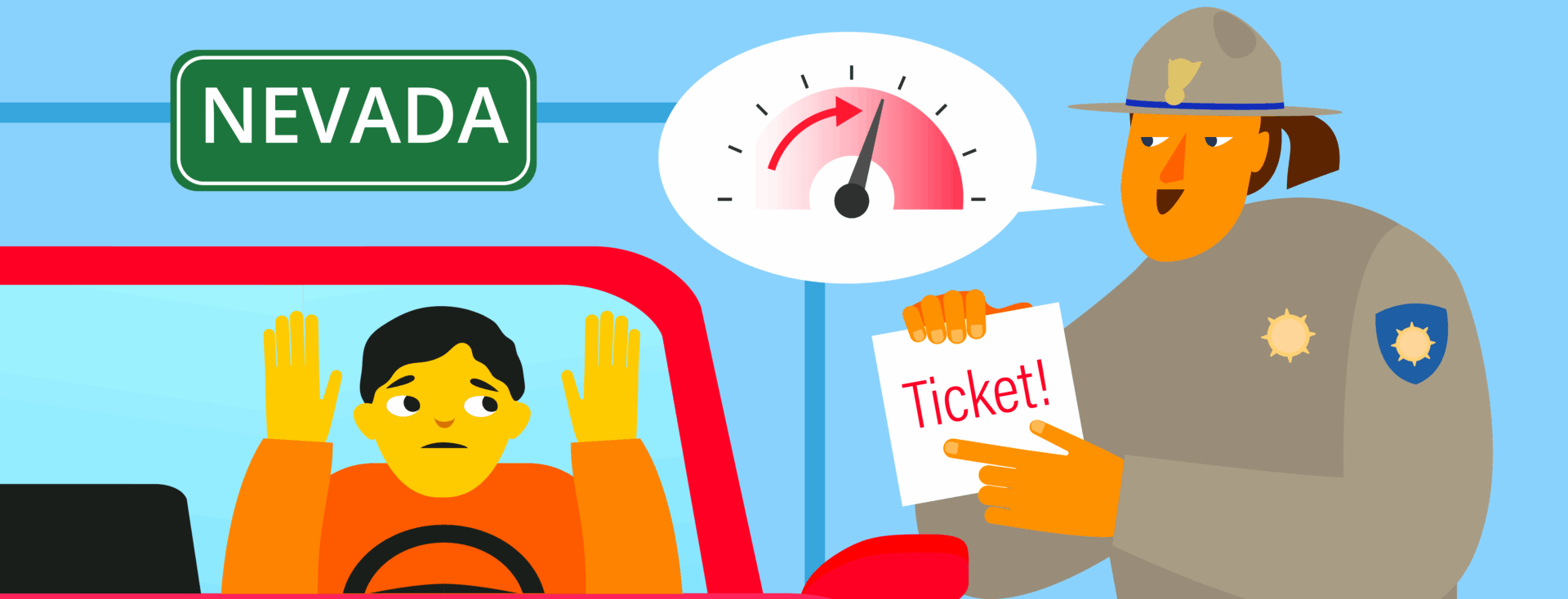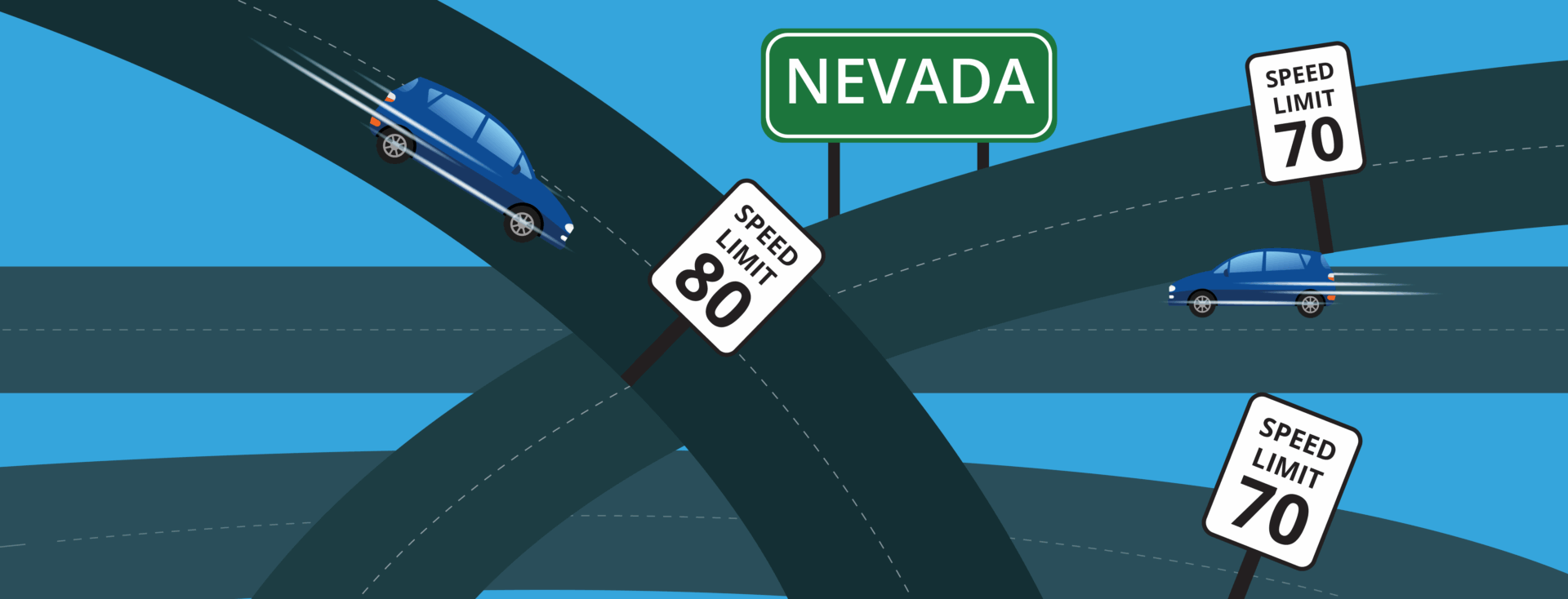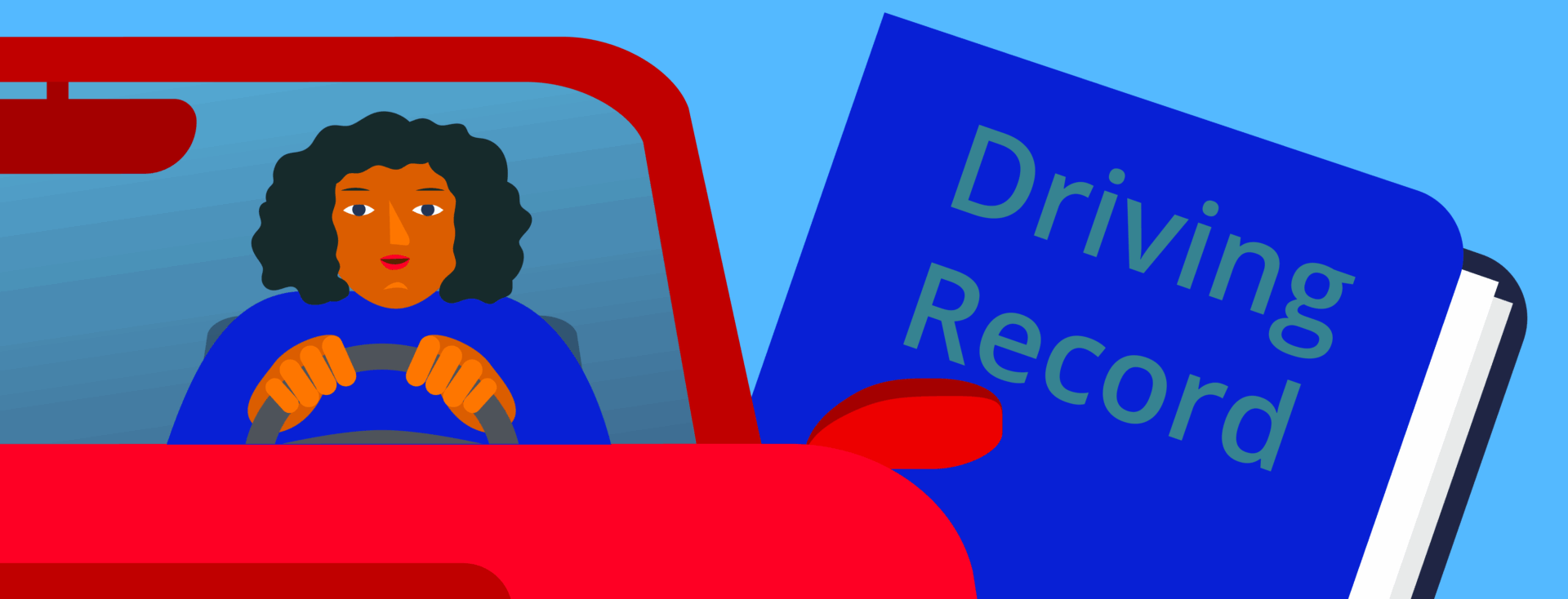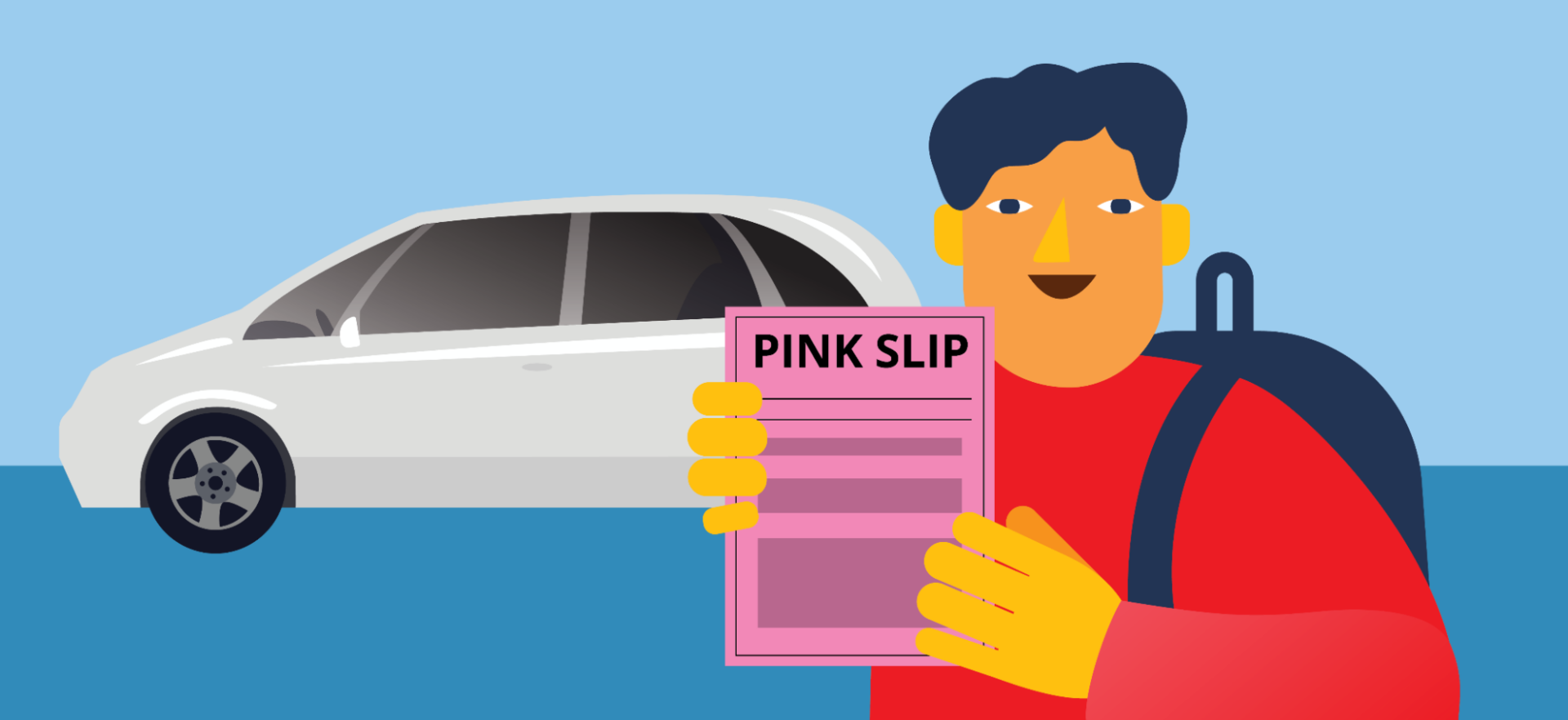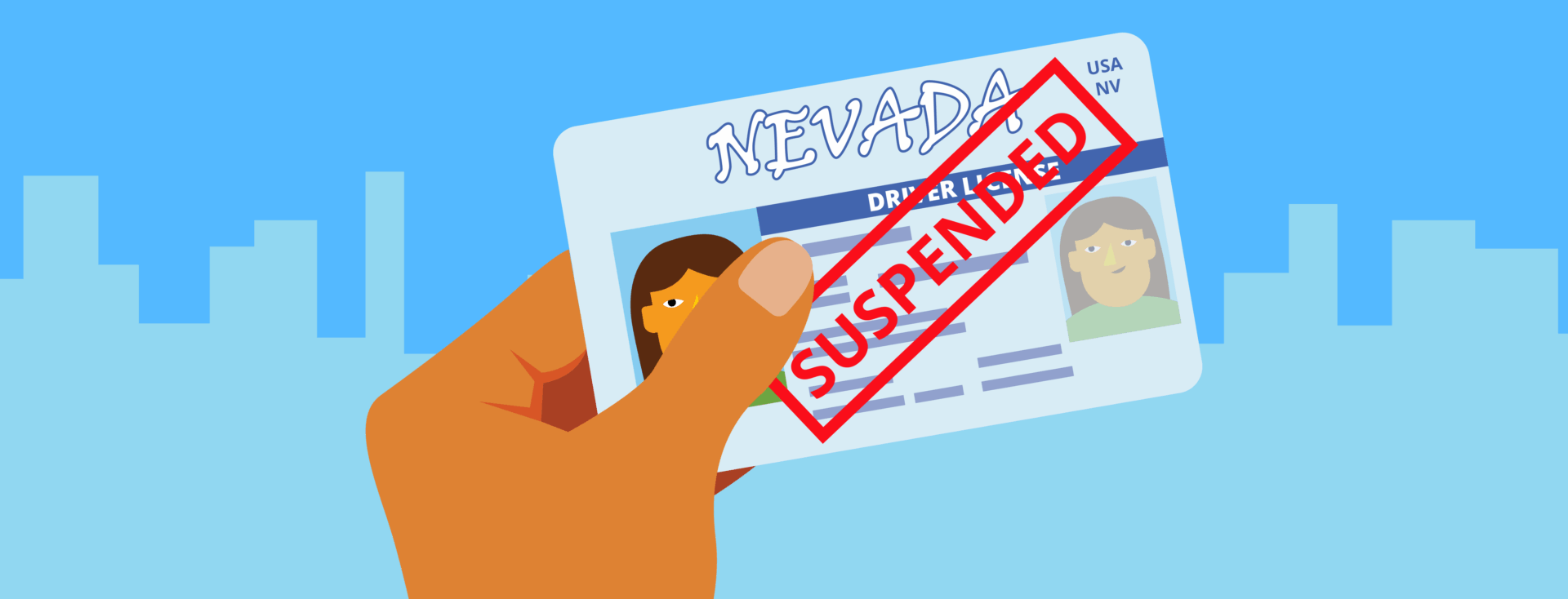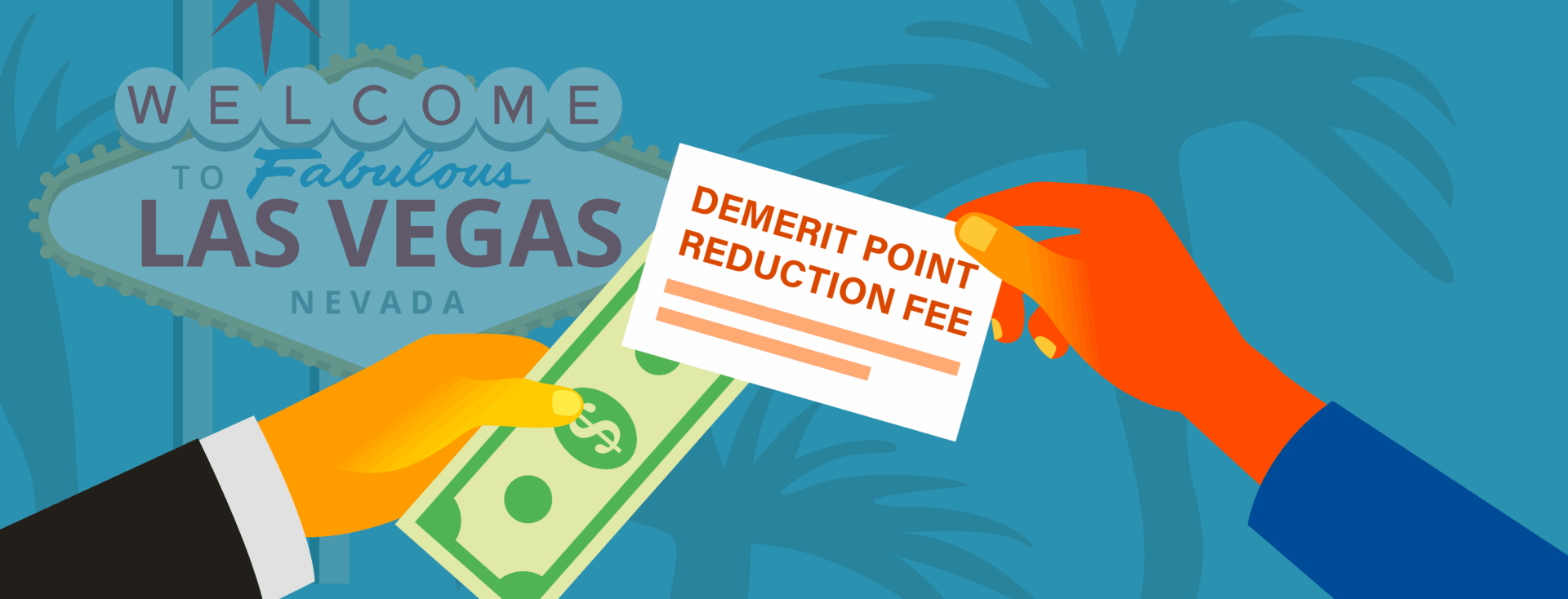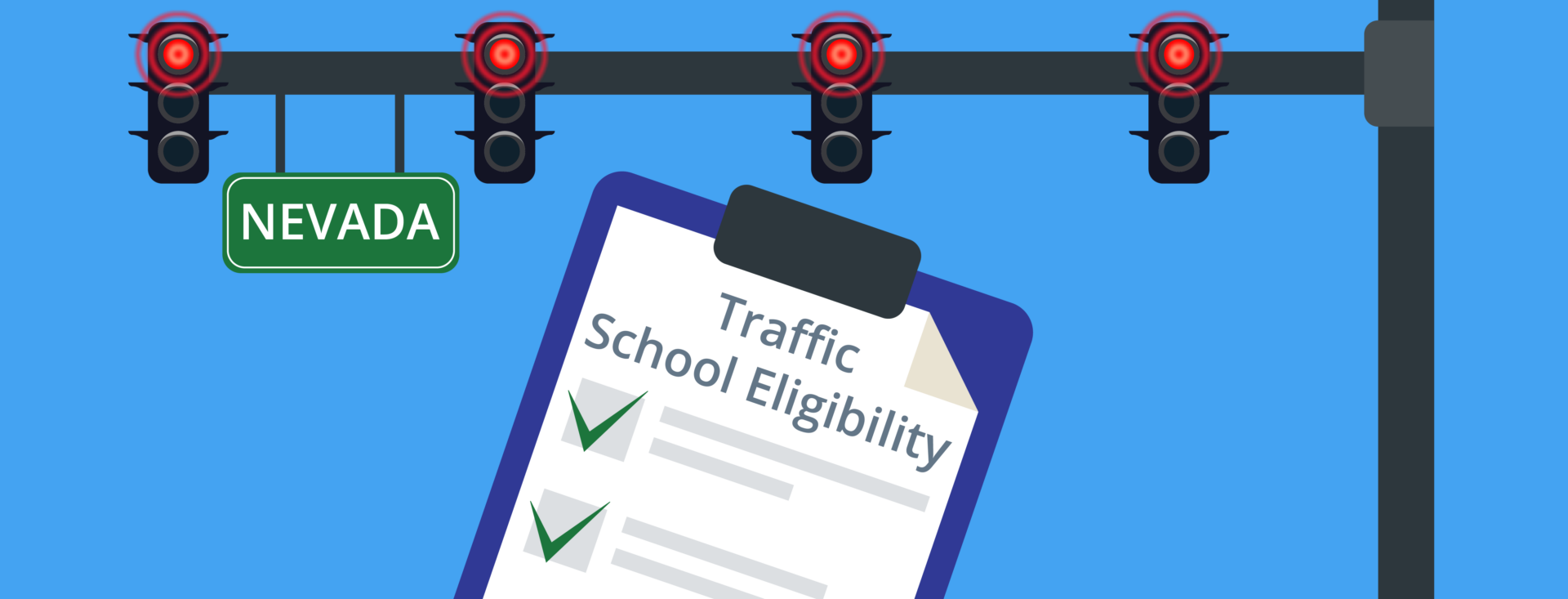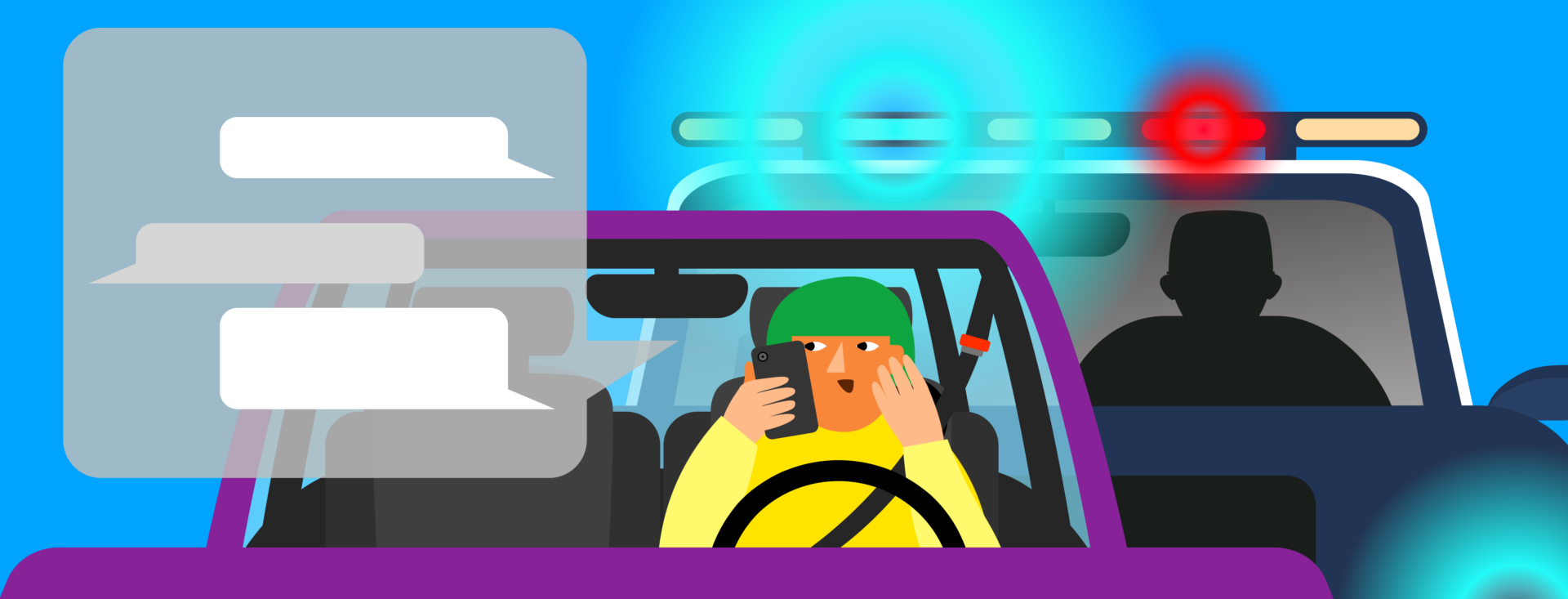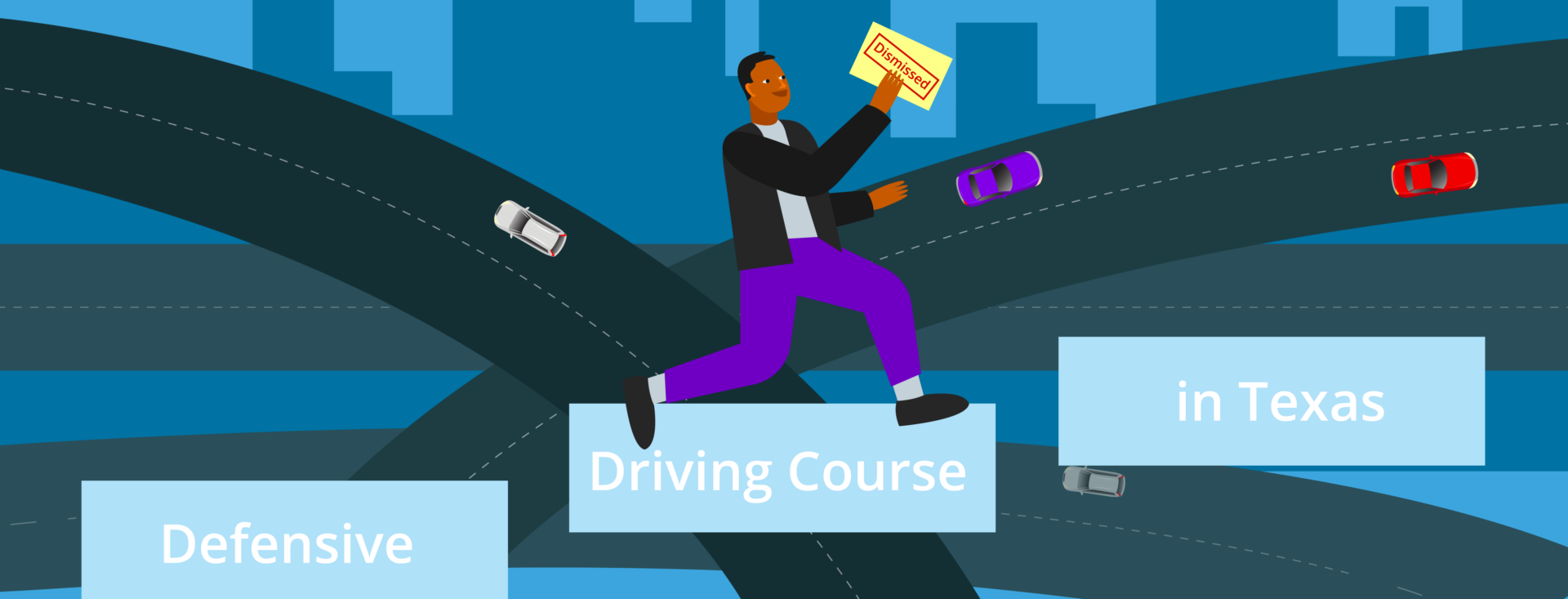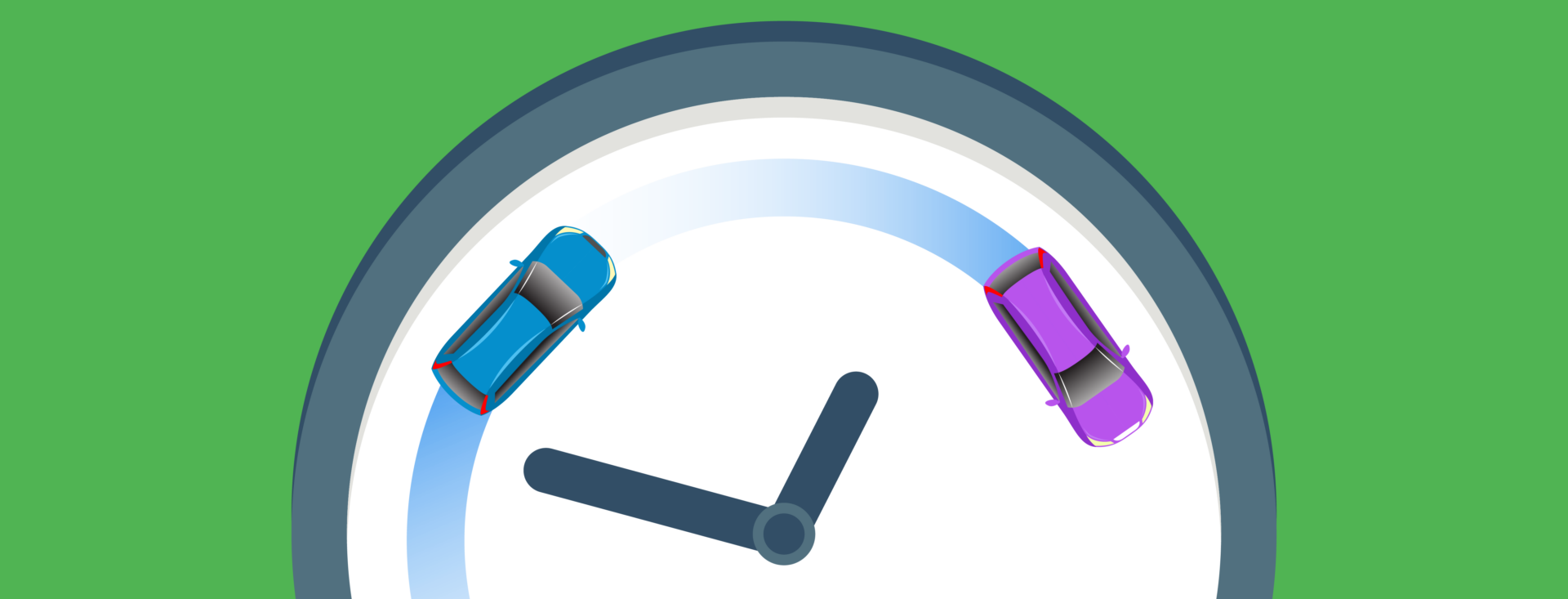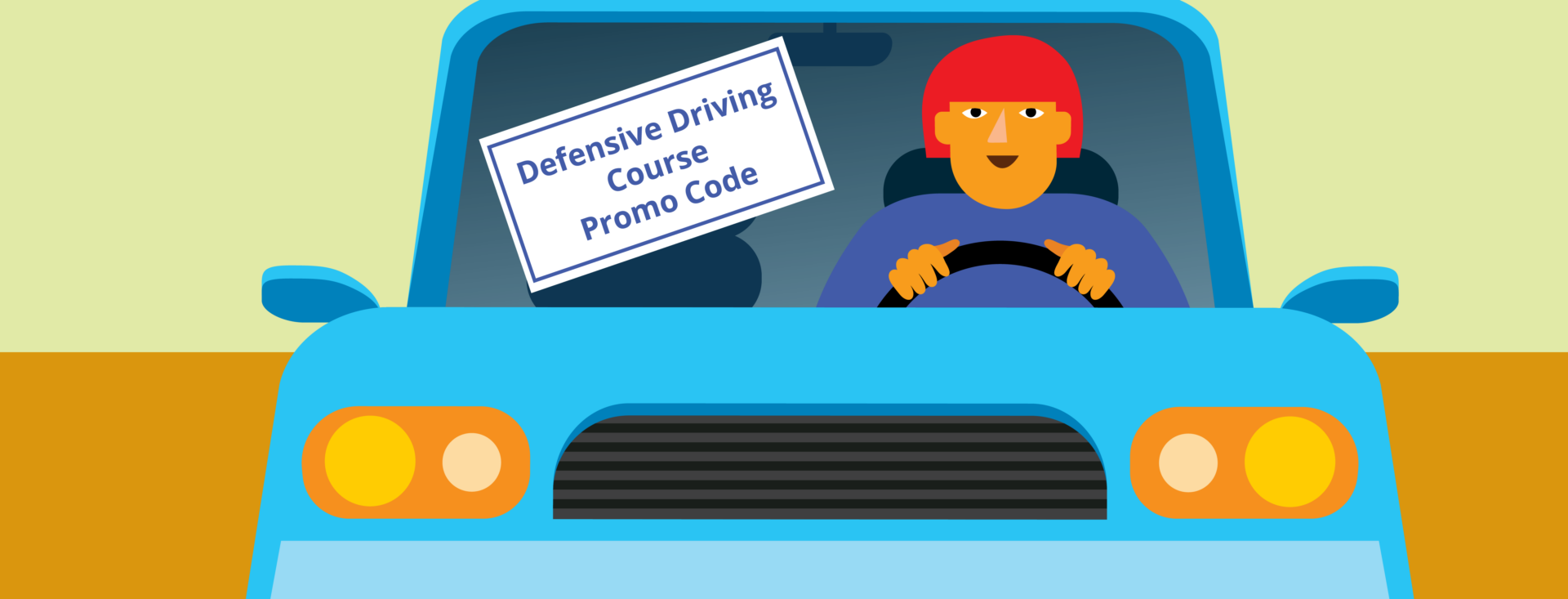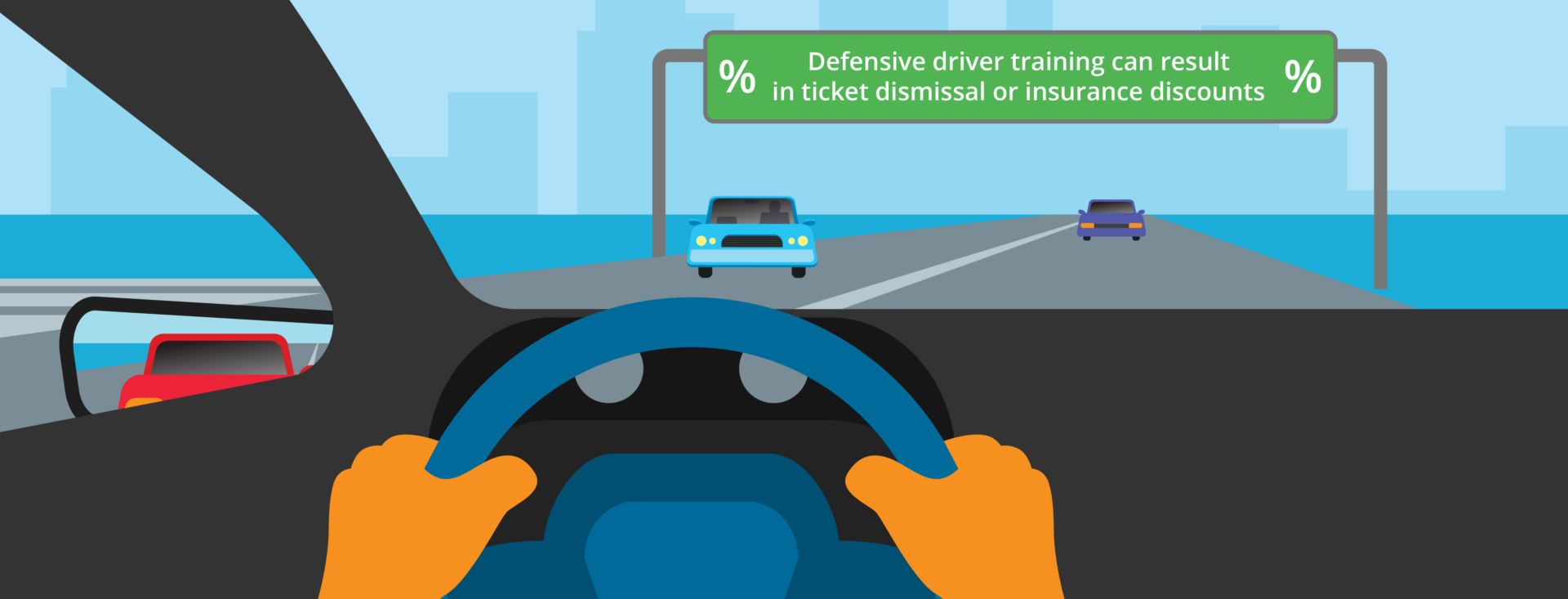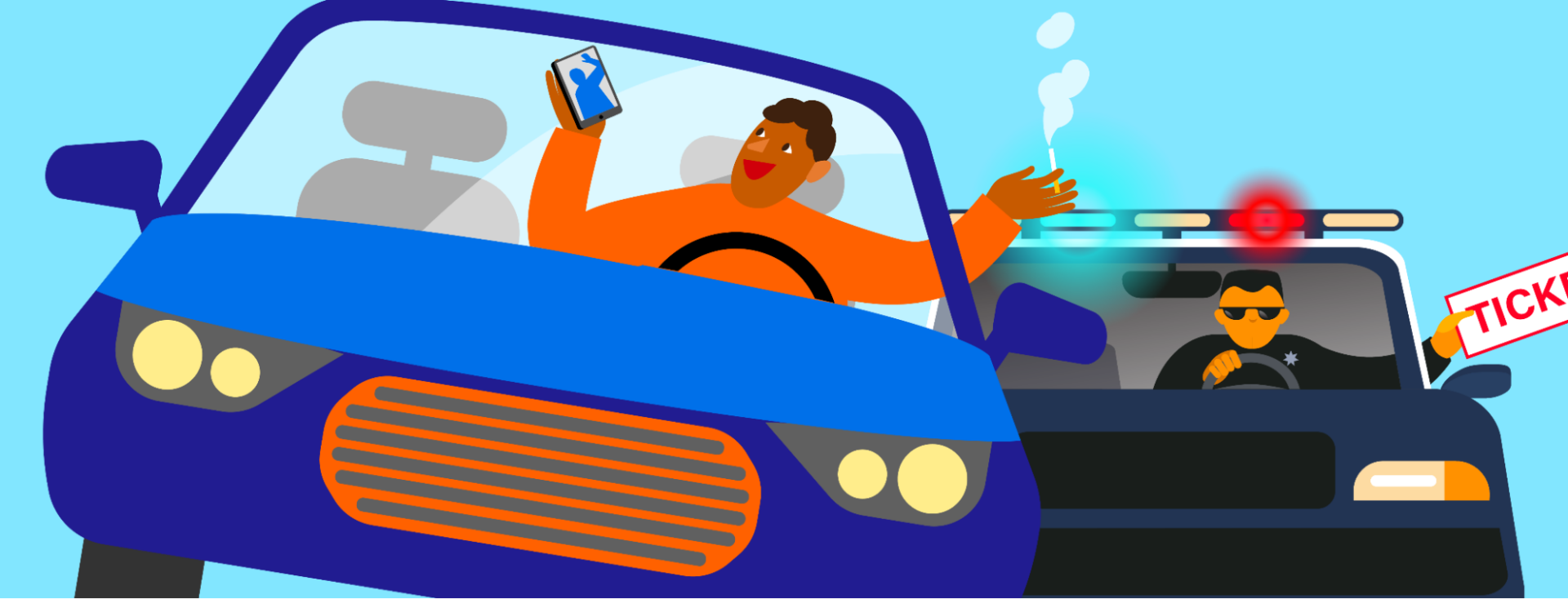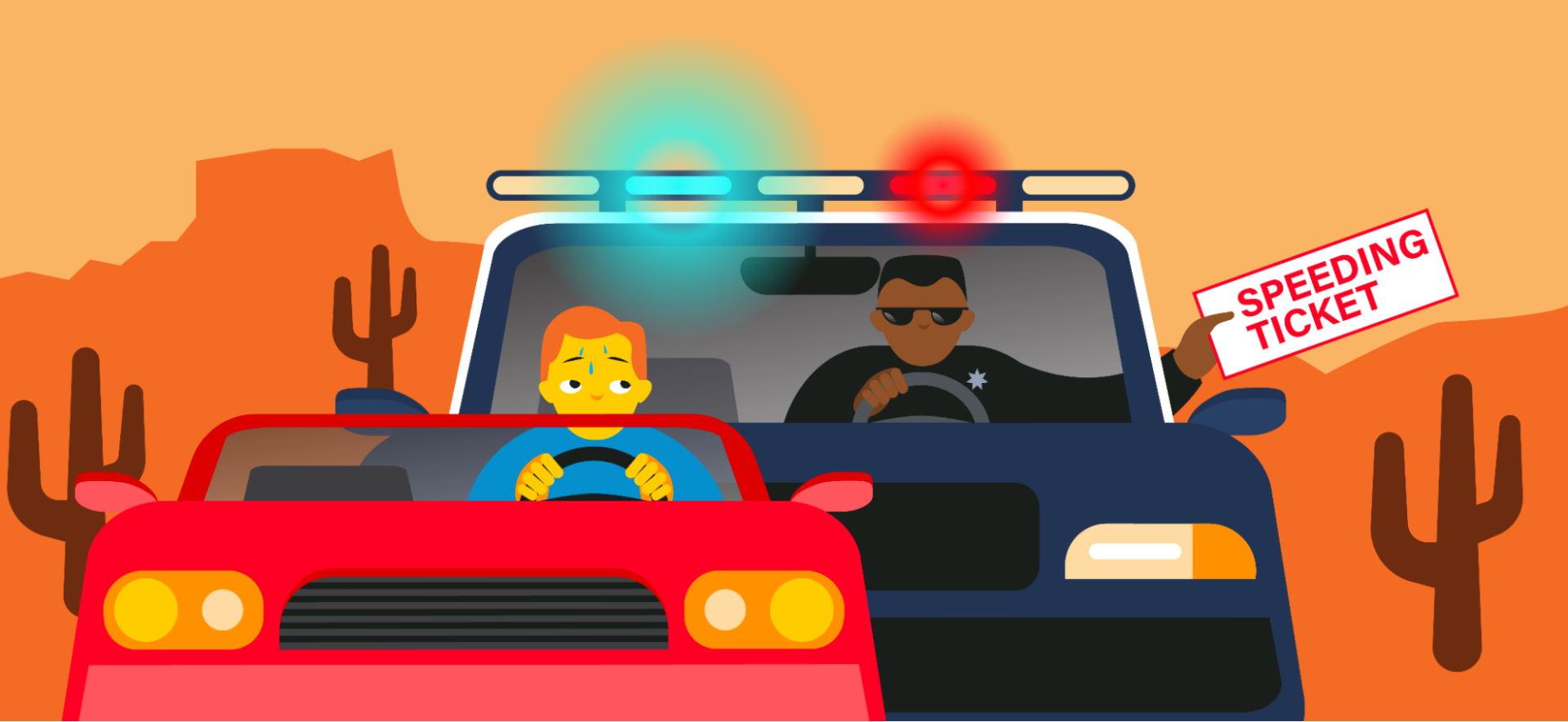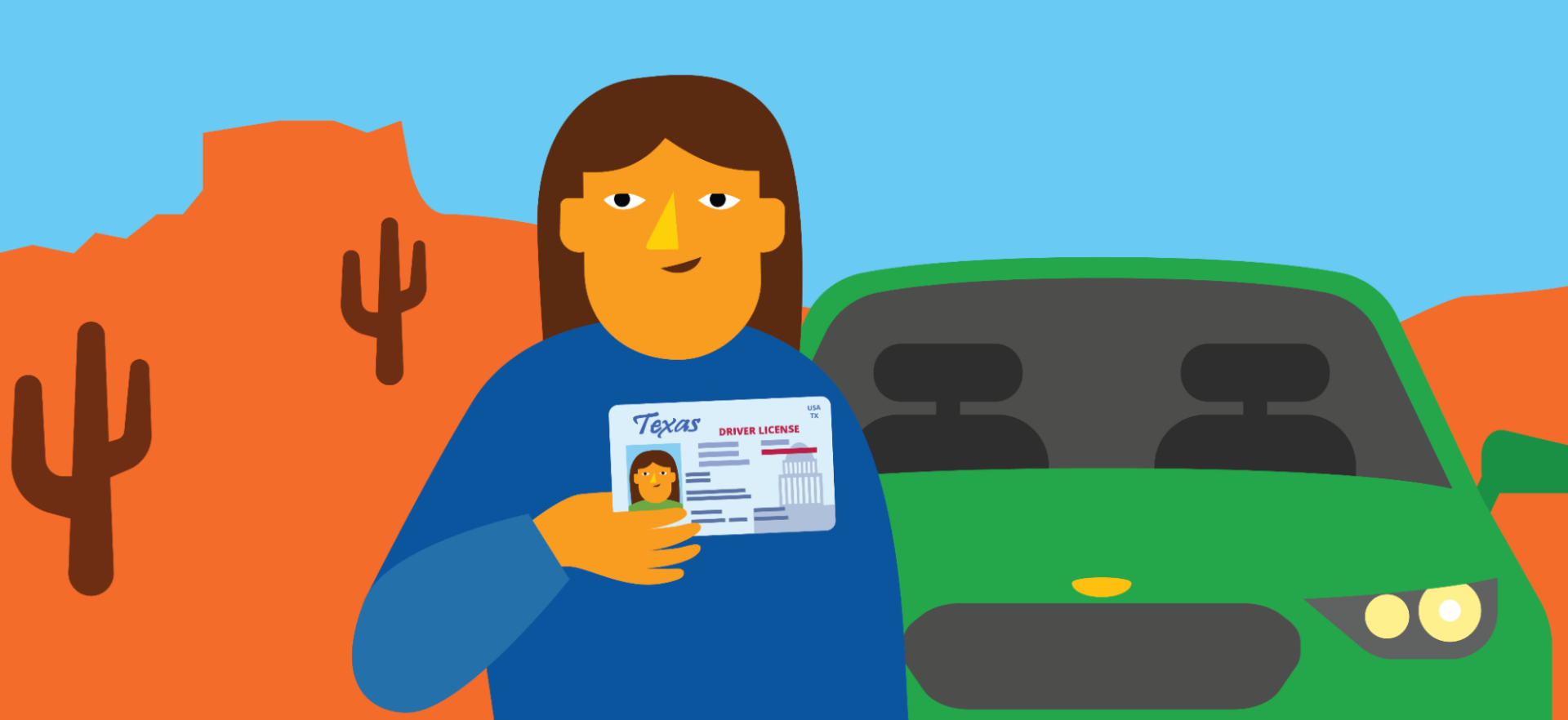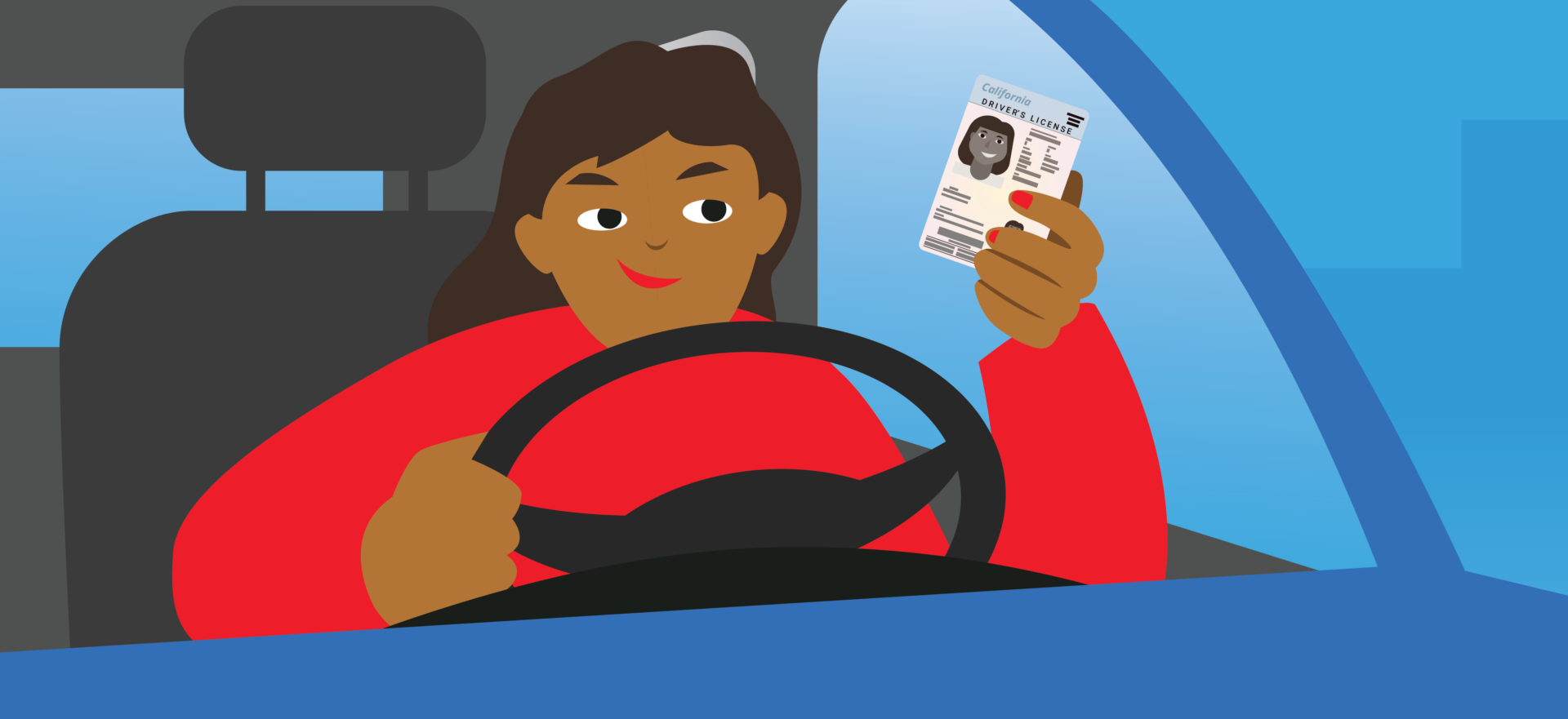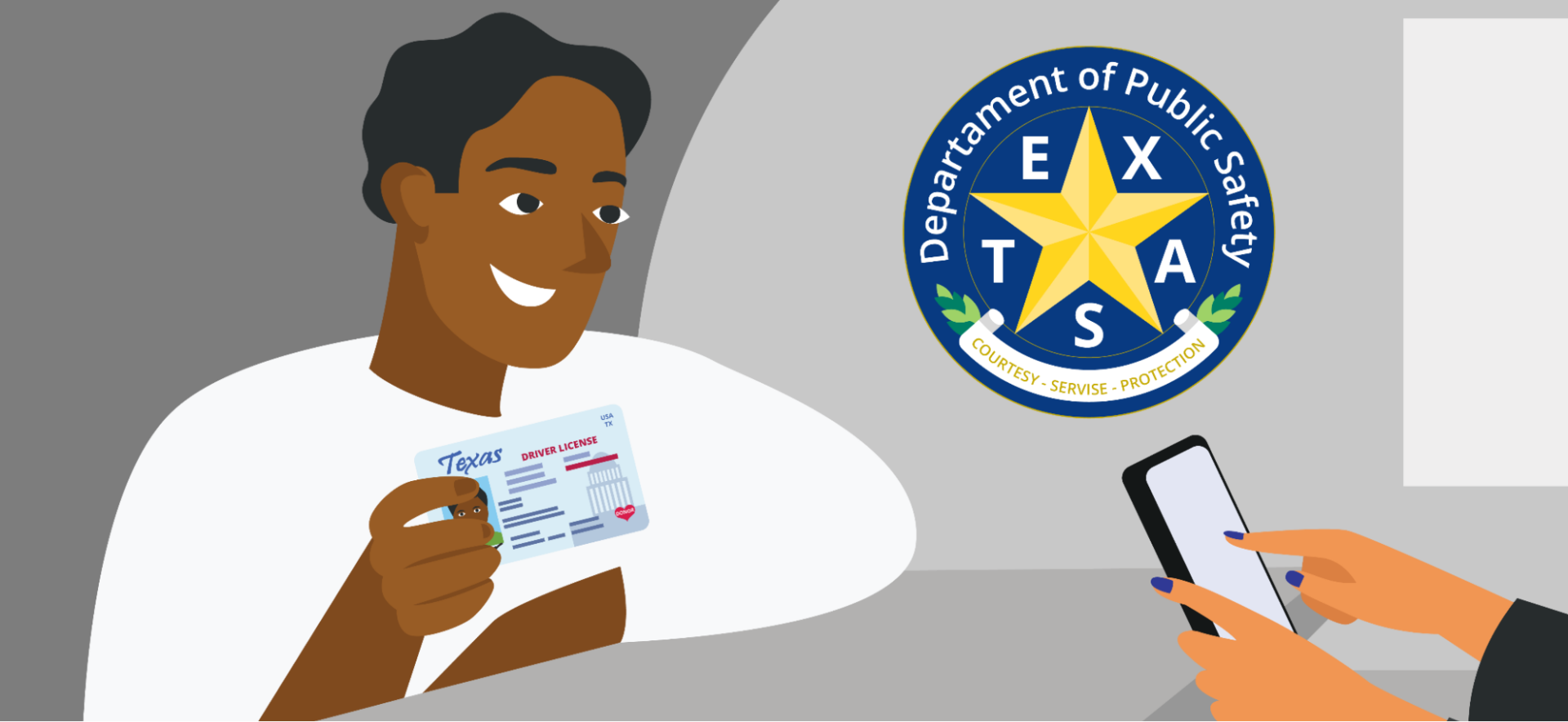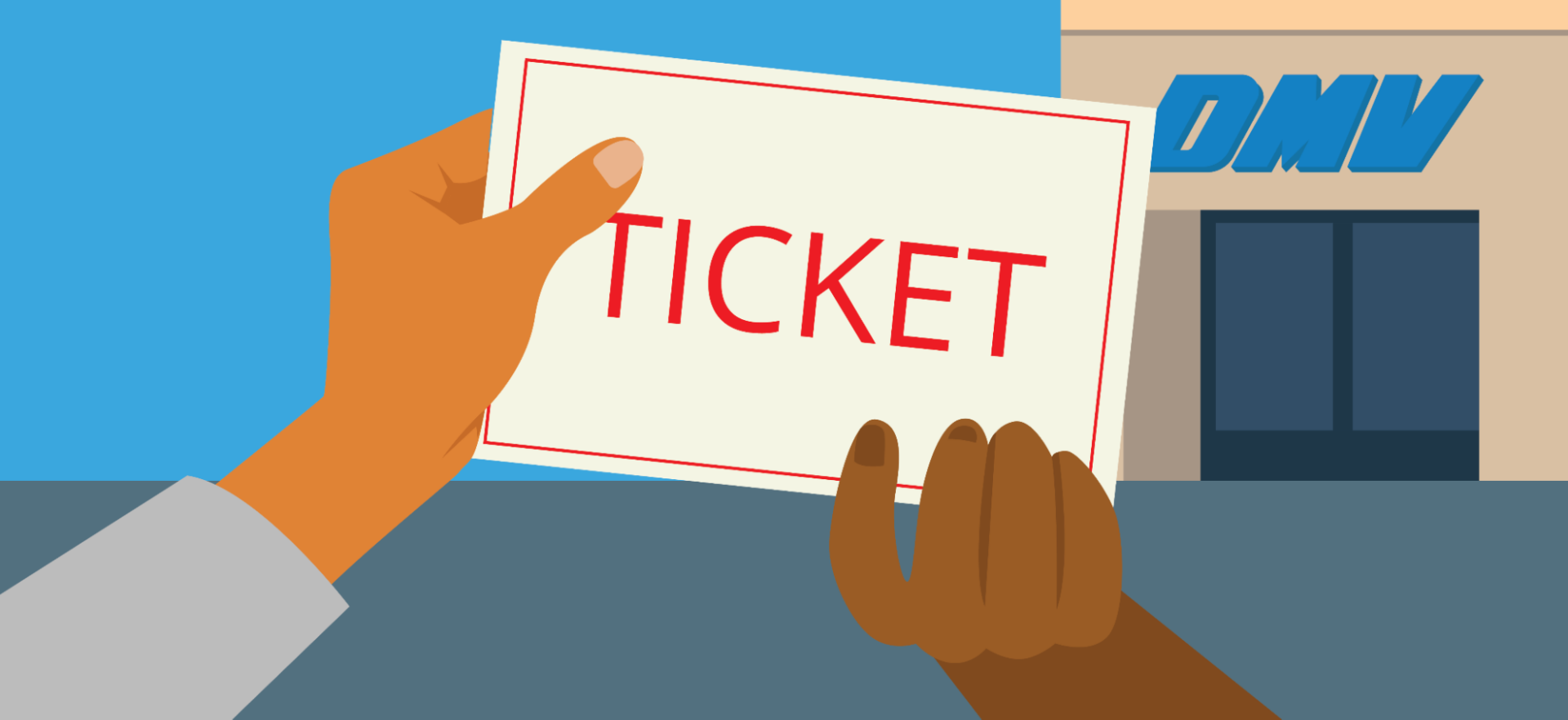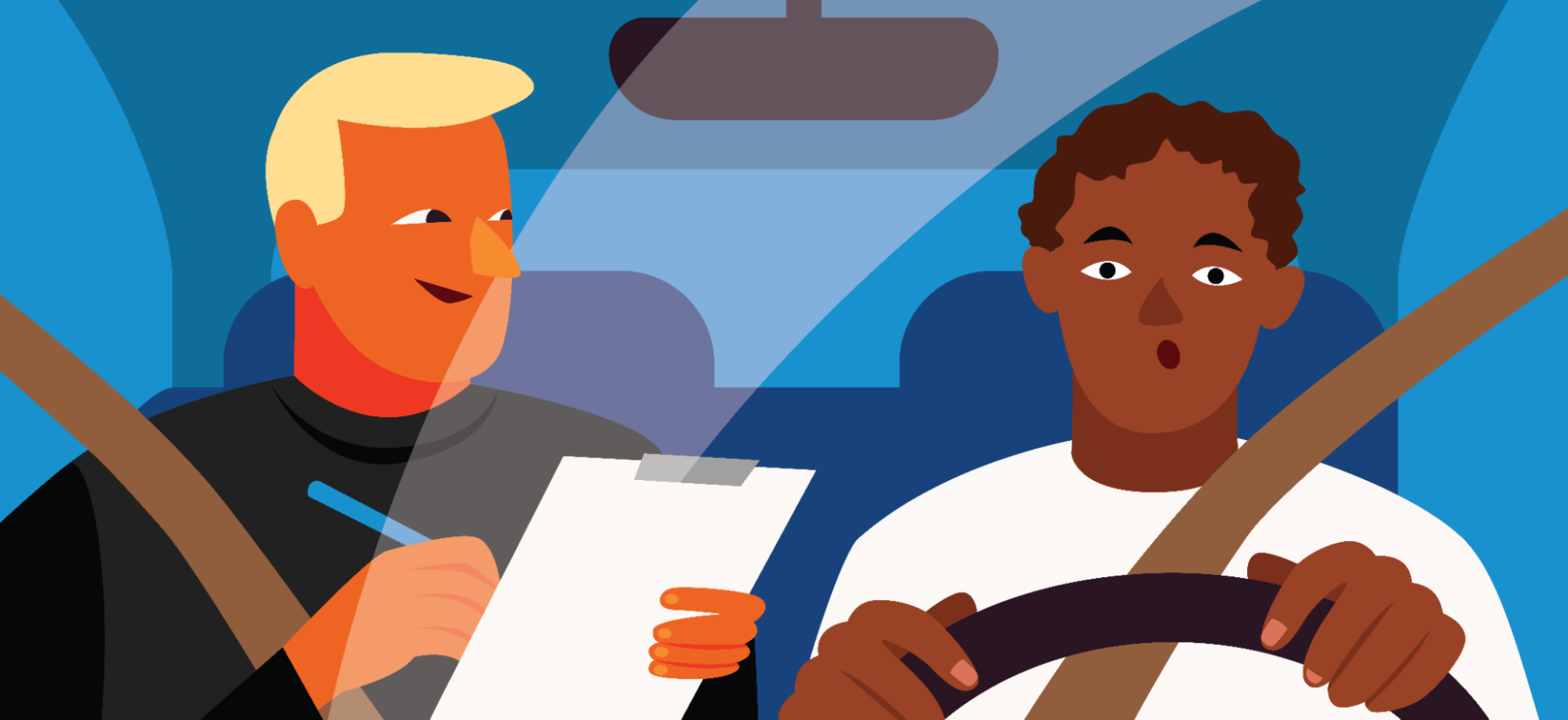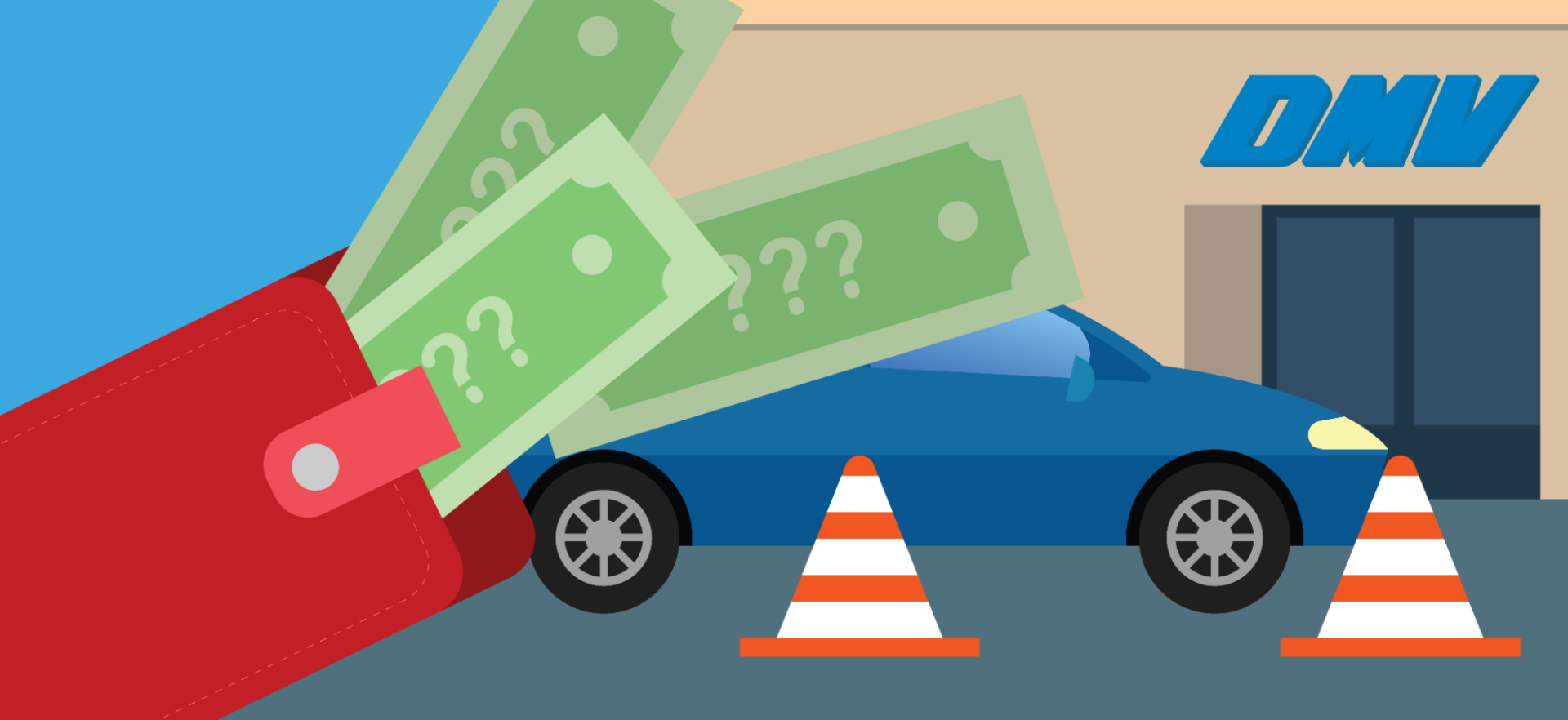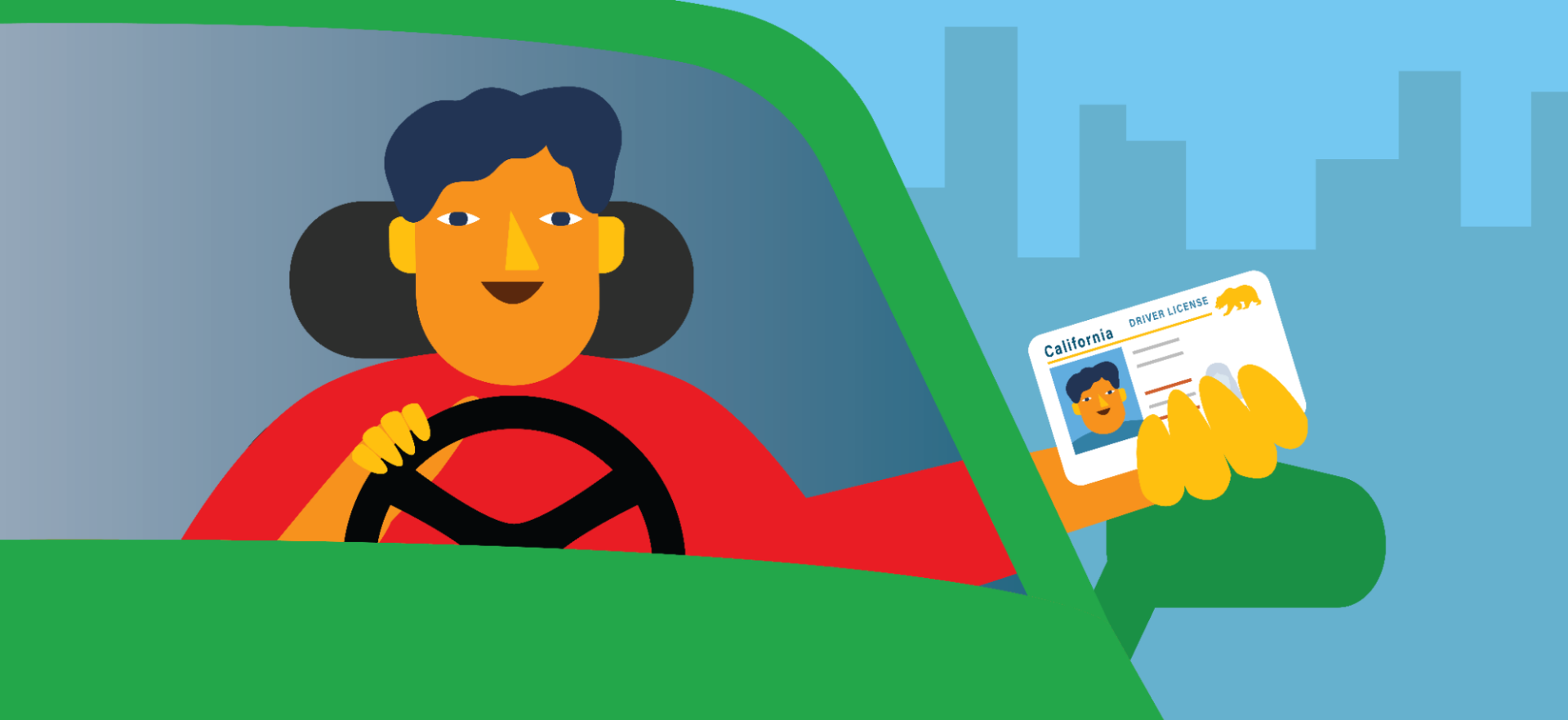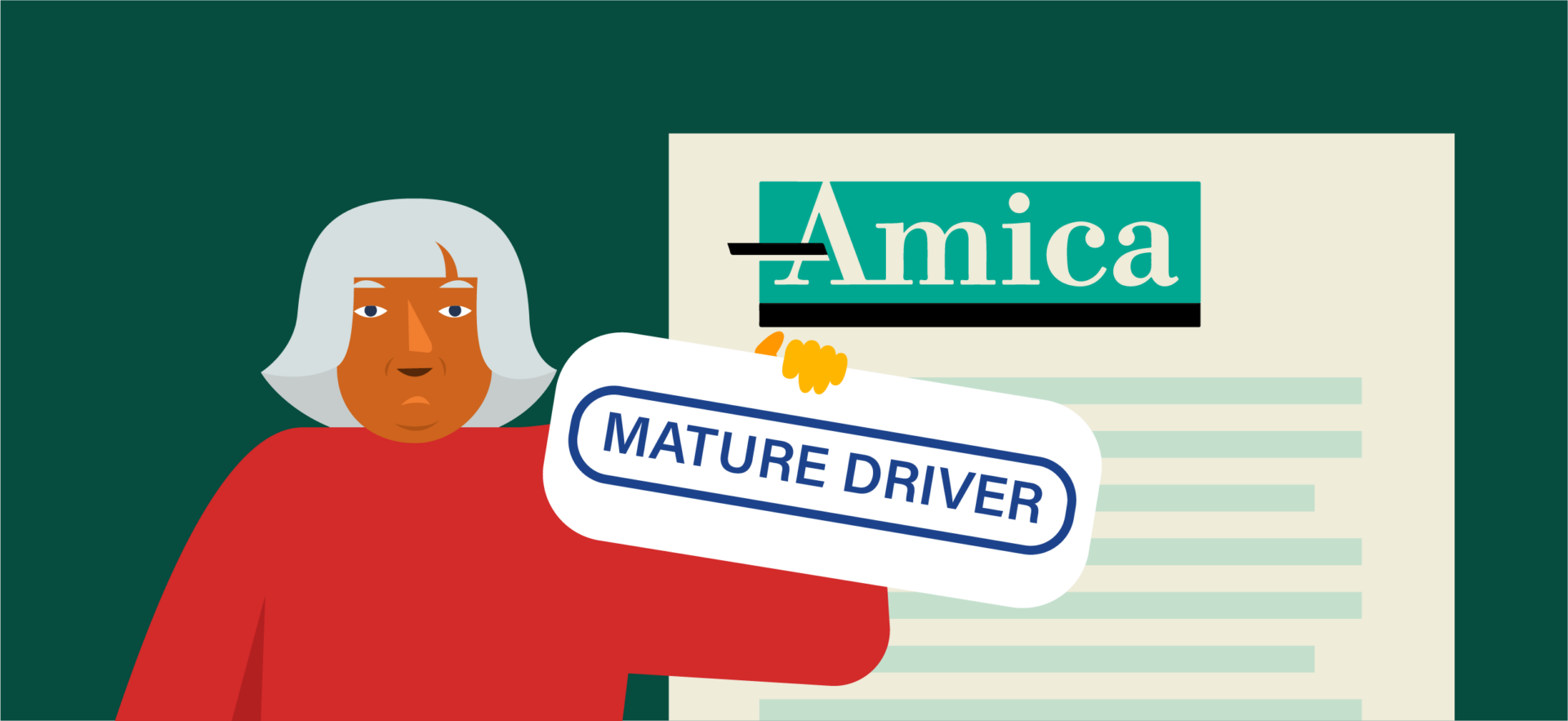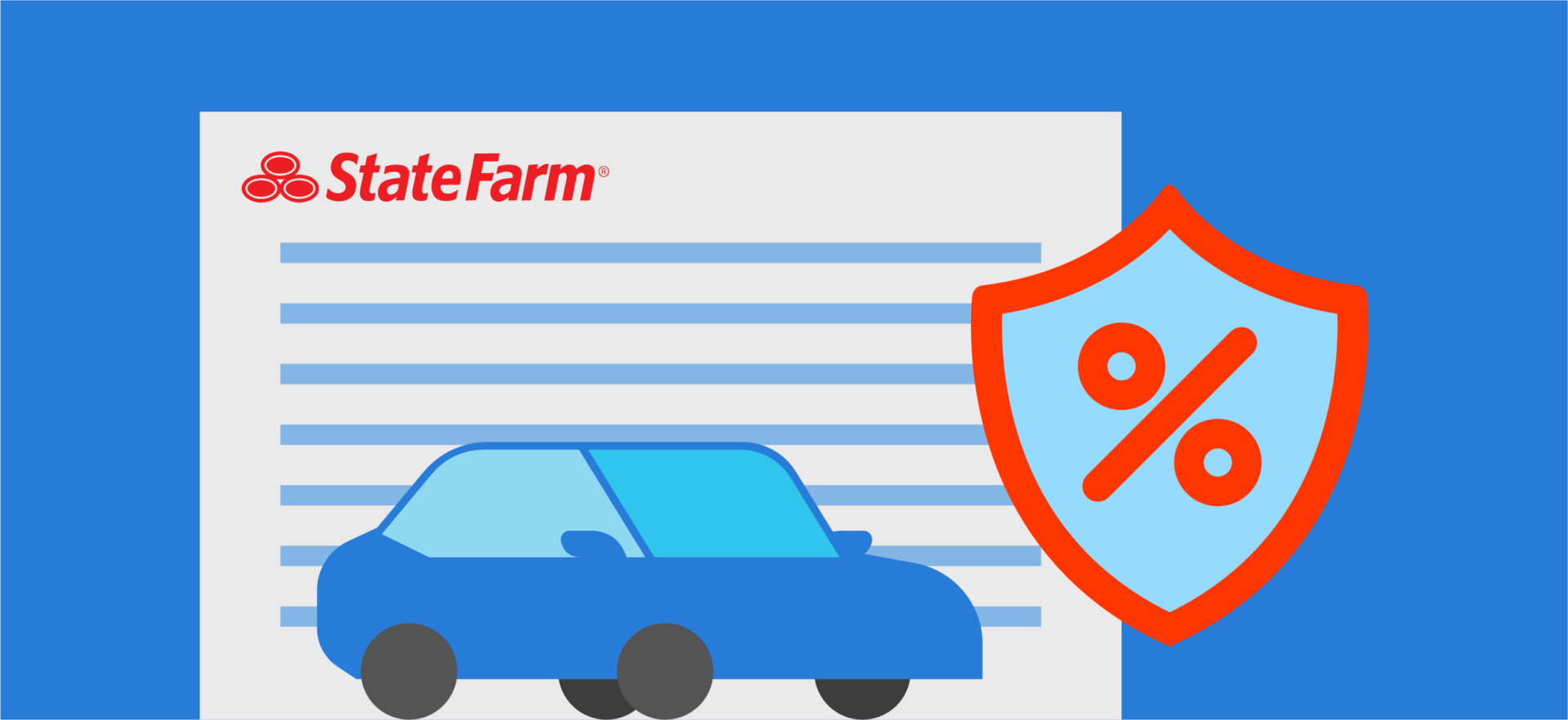While most states prohibit the use of handheld cellphones while driving, Florida doesn’t. Texting behind the wheel is illegal, but talking on the phone is still allowed, except in designated school and work zones.
Here’s what the law allows when it comes to the cellphone driving law in Florida—what’s permitted, what’s not, and the penalties for breaking the rules.
Cell Phone Driving Law in Florida: What Is and Isn’t Allowed
Florida’s cellphone driving laws, outlined in Sections 316.305 and 316.306 of the Florida Statutes, prohibit the following actions while behind the wheel:
❌ Sending emails, text messages, or instant messages from a wireless communications device.
❌ Reading content on a wireless communications device (e.g., checking social media, browsing websites).
❌ Using a GPS in a handheld manner (e.g., adjusting the settings or typing an address).
❌ Making or receiving phone calls using a handheld device while driving in a school zone, school crossing, or construction area with workers present.
The term “wireless communications device” covers smartphones, laptops, tablets, and other electronics that can be used in handheld mode.
Under Florida law, you may use these devices while driving only in hands-free or voice-controlled mode, such as for voice texting or Bluetooth calls. The same goes for navigation systems, which cannot be operated manually while the vehicle is in motion.
That said, here’s what you’re allowed to do:
✅ Send or receive emails, text messages, or instant messages using voice commands in hands-free mode.
✅ Make or answer phone calls using a hands-free device in school or work zones.
✅ Hold your phone to make calls outside of school or work zones.
✅ Operate navigation apps or systems in hands-free or voice-controlled mode.
✅ Control music or audio apps through voice commands or steering wheel controls.
✅ Touch your smartphone while driving (e.g., to turn it off or activate voice control).
Earlier in 2025, the Florida Senate proposed a new cell phone law in Florida that would have prohibited drivers from even touching their phones while behind the wheel. However, it didn’t make it through the state’s House of Representatives.
Exceptions to Florida’s Cell Phone Laws
Florida drivers may use their smartphones or other communications devices in handheld mode under certain circumstances, such as:
- When operating an emergency vehicle on duty.
- When reporting an emergency, crime, or suspicious activity.
- When receiving messages related to:
- Vehicle operation (e.g., dispatch updates or route instructions for delivery drivers)
- Navigation
- Safety alerts (e.g., severe thunderstorm warnings)
- Vehicle system data
- Radio broadcasts
- When using a GPS or smartphone for navigation in hands-free mode.
- When using voice commands to text or call.
- When operating a self-driving car in autonomous mode.
- When making or answering a call outside of school or work zones.
- When the vehicle is fully stopped (e.g., at a red light or in a parking lot), unless you’re in a school zone or construction zone with workers present
Even though you may use your phone or other devices while your car is stationary, that doesn’t mean it’s safe. This habit can reduce situational awareness, delay reaction time, and take attention away from the road, increasing crash risk.
The Rules Are Stricter for Commercial Drivers
Commercial drivers in Florida may not use handheld devices at all while behind the wheel. The only exception applies to utility drivers during declared emergencies like civil riots, natural disasters, or mass power outages.
How Much Is a Cell Phone Ticket in Florida?
Texting and driving was a secondary offense under Florida law for many years. That changed in 2019, when it was reclassified as a primary offense, meaning:
- Penalties became more severe.
- Police can pull you over solely for texting while driving.
Here’s what to expect if you receive a cell phone ticket in Florida:
| Offense Type | Classification | Base Fine | Demerit Points |
|---|---|---|---|
| Texting and driving, first offense | Non-moving violation | $30 | N/A |
| Texting and driving, second offense within five years | Moving violation | $60 | 3 |
| Using a handheld phone while driving in a school zone or active work zone | Moving violation | $60 | 3 |
A $30 or $60 fine may not seem like much, but with court and administrative fees the real cost can add up to hundreds of dollars. You may also get points on your record, which could lead to license suspension and higher insurance costs.
Other Consequences of a Cell Phone Ticket
Beyond the initial fine, a cell phone ticket can impact your driving record and auto insurance rates. Let’s break down the potential consequences of violating Florida’s cell phone law beyond the fine.
Demerit Points
While a first-time texting and driving offense doesn’t incur points, getting a second ticket within five years can add three points to your license. And handheld phone use within a school or construction zone will get you three points on the first offense.
Expect harsher penalties if you cause a collision while texting and driving. In such cases, you could receive six demerit points and potentially face a lawsuit.
Higher Auto Insurance Premiums
The average insurance rate increase after a texting ticket is 28%. So, if you currently pay $2,700 for full coverage, your premium could rise to $3,456 following the conviction.
According to the Florida Department of Highway Safety and Motor Vehicles (FLHSMV), demerit points remain on your record for five years or longer. During this time, you’ll pay higher insurance premiums unless you complete Florida traffic school to dismiss your ticket.
License Suspension
The more points you accrue, the closer you get to having your license suspended. The FLHSMV may revoke your driving privileges for up to one year, depending on your point count and the time period in which the violations occurred.
Here’s how it works:
- 12 points in 12 months: 30-day license suspension
- 18 points in 18 months: Three-month suspension
- 24 points in 36 months: One-year suspension
Say you have nine points on your record and receive three more within a year after being pulled over for texting and driving. Unless you contest the ticket and win or complete a state-approved traffic course, you’ll likely lose your license.
Alternatively, you can take an FLHSMV-approved Florida Wireless communications device (WCD) course to dismiss the charges. This option is available to drivers ticketed for using a handheld device in a school zone or work zone. We’ll tell you more about it later, so keep reading.
Potential for Additional Charges
In some cases, texting behind the wheel can lead to more serious charges, such as reckless driving or vehicular manslaughter. These violations carry harsh penalties, ranging from license suspension to jail time.
For instance, if you cause a fatal crash while sending a text message, you could be charged with vehicular homicide. In Florida, this is a felony punishable by up to 15 years of imprisonment or probation, along with fines of up to $10,000.
What to Do If You Break Florida’s Cell Phone Driving Law
Florida drivers have four options for dealing with a cell phone ticket, depending on their individual circumstances. Let’s see what these are and how to make the right choice.
Pay the Ticket
If you know you’re at fault and just want to get it over with, pay the fine and move on. It’s the fastest way to deal with a cell phone ticket, but the points will go on your record and could raise your insurance costs.
Choose this option if it’s your first texting ticket. You’ll be charged with a non-moving violation, which carries no points and won’t affect your record or insurance premiums. However, if you’re a repeat offender, there are better ways to handle it.
Take the Florida WCD Course
For a first-time cell phone violation, you may take a Florida wireless Communications Device course to dismiss your ticket and have the fine waived. This 90-minute program can be completed online at your own pace.
Per Section 316.306(4)(a), the WCD course is available to drivers cited for using a wireless device in a school or work zone and may only be taken once. To qualify, you must:
- Have no prior convictions for a wireless device violation.
- Elect to take the course within 30 days of the citation date.
- Choose a state-approved program like the one at Traffic Safety Institute.
The course covers Florida traffic laws, with a focus on cellphone use. Its goal is to raise awareness about distracted driving and promote safer habits behind the wheel.
Go through all lessons, then pass a 20-question final exam. Once you’re finished, you can download or print your completion certificate and submit it to the court. It’s that simple!
Take a Florida BDI Course
The Basic Driver Improvement (BDI) Course (also known as traffic school) is available to drivers charged with minor infractions, including those who:
- Have already completed the WCD course but received another wireless device citation.
- Have been ticketed for texting while driving a second or third time.
This FLHSMV-approved course can help you dismiss a ticket and keep points off your record. Plus, it reduces your fine by 9%.
Under Florida law, you may take the BDI course for ticket dismissal no more than once a year or eight times in a lifetime. Eligibility criteria include:
- Be charged with a non-criminal moving violation (e.g., texting while driving).
- Hold a non-commercial driver’s license.
- Elect to attend traffic school within 30 days from the citation date.
- Pay the fine and fees associated with your ticket before starting the course.
State-approved BDI courses take eight hours and can be completed online or in person. At Traffic Safety Institute, you can study at your own pace on any device and finish in one sitting or over several sessions.
Want to learn more? Find out how Florida traffic school works.
Contest the Ticket in Court
You may also fight a Florida cellphone ticket in court if you believe it was issued unfairly. Just make sure you have a solid defense—and the evidence to support it.
For example, can you prove that you fall under an exception to Florida’s cellphone law? Or that your vehicle wasn’t moving when the officer saw you texting? If so, consider contesting the charges.
In most cases, going to court for a cellphone ticket isn’t worth the time or expense unless you’re close to license suspension.
Our advice is to choose this option only if you have strong evidence in your favor or believe the citation was issued in error. Otherwise, it’s easier and cheaper to attend traffic school or complete a WCD course.
Take the Florida Wireless Device Course with Traffic Safety Institute
At Traffic Safety Institute, we offer a 90-minute WCD course approved by the FLHSMV and accepted by state courts. It’s 100% online, mobile-friendly, and self-paced, making it easy to study on the go.
Our training program consists of five lessons on safe driving and wireless device laws. The final exam features 20 questions and requires a passing score of at least 80%, but you can retake it as many times as needed.
Drivers who choose Traffic Safety Institute enjoy all sorts of perks for a low flat fee of only $29.99. Here’s a snapshot of what’s included:
✅ Easy-to-follow lessons with interactive content
✅ Free audio read-along
✅ Unlimited retakes
✅ Practice tests after each module
✅ Automatic progress tracking
✅ Multi-device compatibility
✅ Instant digital certificate
✅ 24/7 live chat support
Plus, our “Don’t Pay Until You Pass” Guarantee ensures you can take the course for free and pay only when you’re done.
Don’t let a traffic ticket bump up your insurance rates or stain your driving record. Enroll in our WDC course for FREE today.
FAQs About Florida Law for Cell Phones
Is there anything else you want to know about the cell phone driving law in Florida? Below are the answers to some frequently asked questions:
What is the new cell phone law in Florida?
In February 2025, government officials proposed House Bill 501, which would have banned the use of handheld wireless devices while driving. However, the bill was withdrawn from consideration.
Are you allowed to touch your phone at all while driving?
Yes, Florida law allows drivers to touch their phones while behind the wheel, as long as they’re not sending or receiving messages or reading content.
For example, you may touch your smartphone to turn it off or disable a feature, but not to send an email. You are also allowed to make calls using a handheld device as long as you aren’t in a construction or school zone.
Can you be pulled over for texting and driving?
In Florida, texting while driving is a primary offense, which means law enforcement can pull you over for this violation alone.
